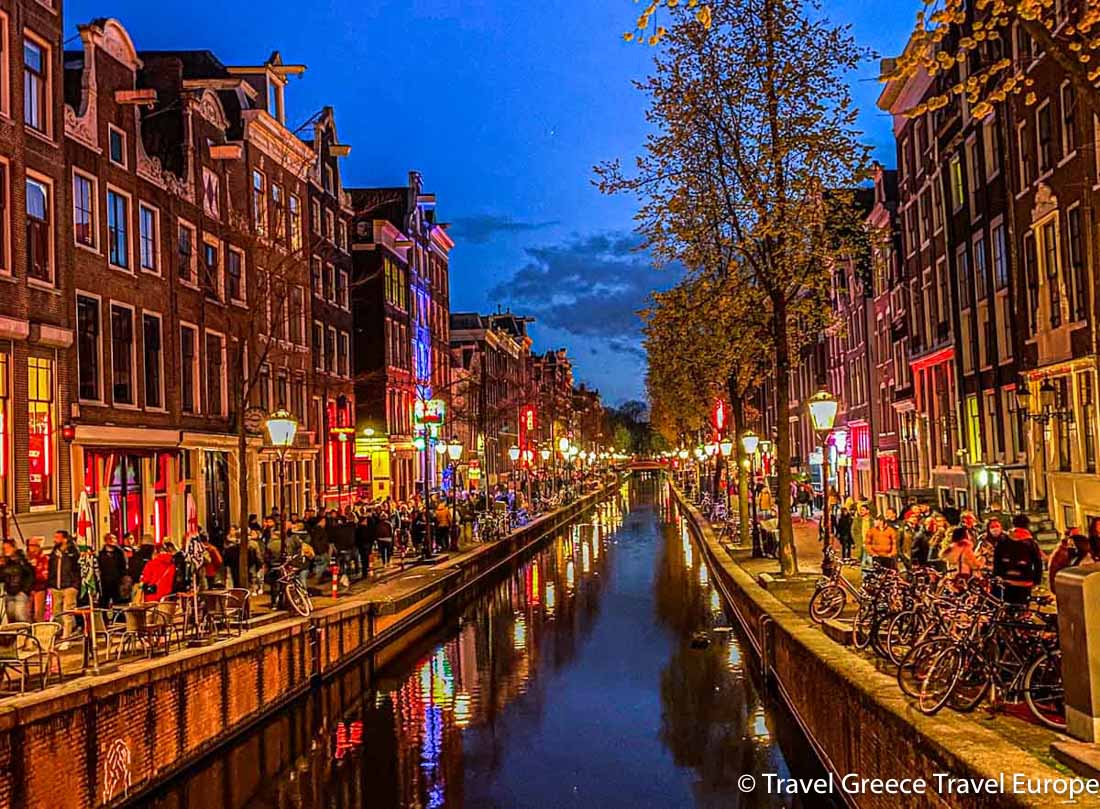[ad_1]
Amsterdam, often fondly referred to as the “Venice of the North,” is a mosaic of scenic canals, historic architecture, and artistic heritage. It’s a city where every street tells a story, every canal sings a ballad, and every building is a testament to a rich and tumultuous history. Renowned for its artistic legacy, Amsterdam is the custodian of masterpieces by Van Gogh, Rembrandt, and Vermeer, housed within the walls of world-class museums. Yet, the city is not just a haven for art enthusiasts. It’s a vibrant tapestry of contemporary culture, with bustling markets, eclectic eateries, and a nightlife that dances until dawn. We’ve prepared this Amsterdam 4-day itinerary to help you plan your dream trip to the Dutch capital.
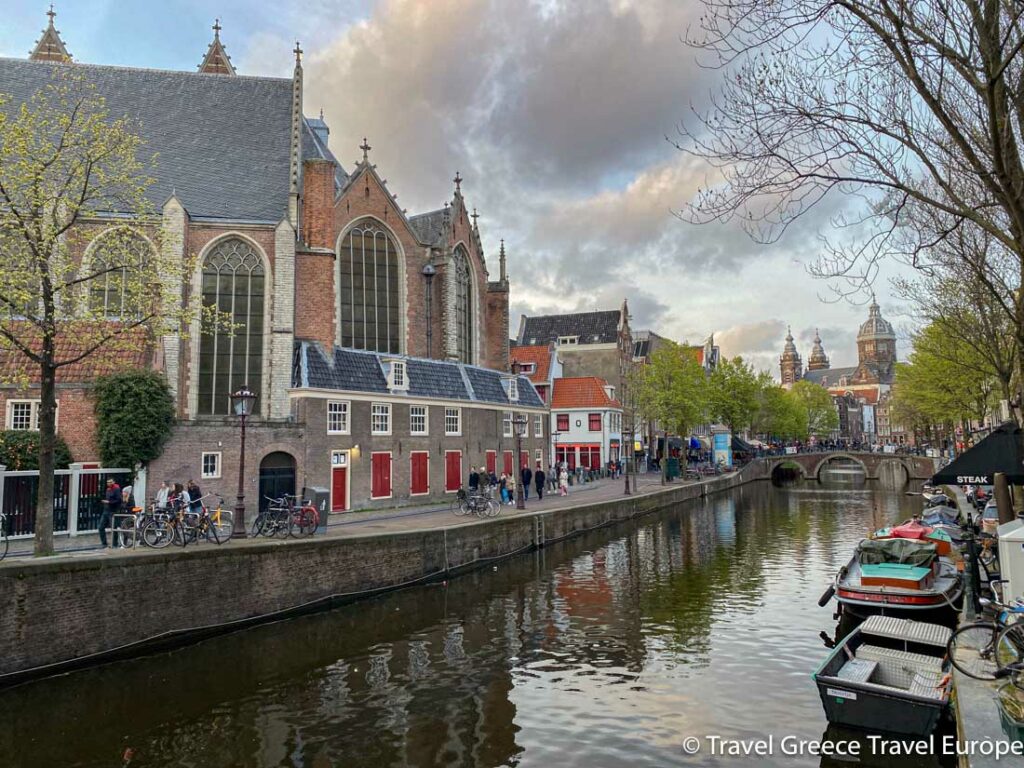
The charm of Amsterdam lies in its ability to blend the old with the new. Historic windmills stand guard on the outskirts, while innovative design studios pave the way for the future within the city. It’s a place where you can lose yourself in the labyrinth of the Jordaan, find tranquility in the Begijnhof, or embark on a culinary adventure at the Foodhallen.
Amsterdam 4-Day Itinerary: Everything You Need To Know
Best Time to Visit Amsterdam:
The best time to visit Amsterdam is during the spring (April to May) or fall (September to November). In spring, the city awakens with a burst of color as the famous tulips come into bloom, particularly in April, making it an ideal time for a visit to the Keukenhof Gardens (Keukenhof Tulip Gardens is open from March 21 till 12 May 2024). The weather is pleasantly mild, perfect for canal cruises and city walks. Fall brings a golden hue to the city, with fewer tourists and a cozy atmosphere, ideal for exploring museums and indoor attractions.
Amsterdam in December is enchanting and festive, offering a unique experience as the city wraps itself in the cozy charm of the winter season. The city comes alive with Christmas markets, where you can find everything from holiday decorations and gifts to delicious Dutch treats like oliebollen (Dutch doughnuts) and glühwein (mulled wine). The festive atmosphere, with twinkling lights and beautifully decorated stalls, is truly heartwarming. Check out our complete guide on What to do in Amsterdam in December.
Navigating from Amsterdam Airport Schiphol to the City Center
Amsterdam Airport Schiphol is well-connected to the city center, offering various convenient options for travelers:
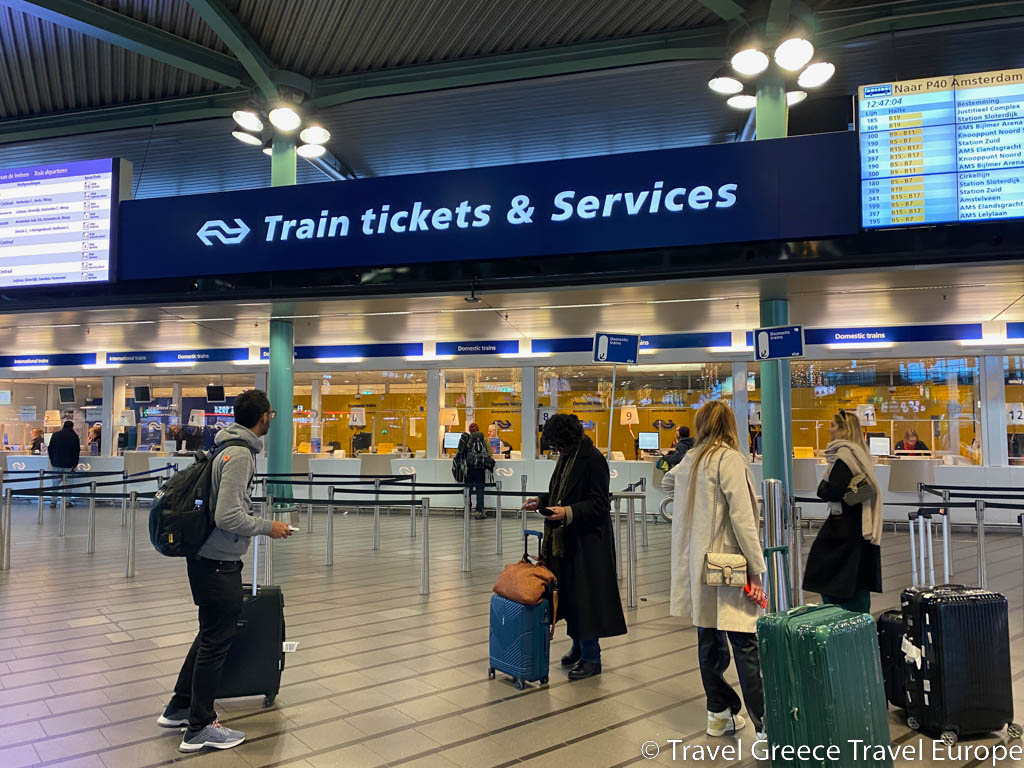
Train: The most efficient way to reach the city center is by train. Schiphol Railway Station is located directly below the airport. Trains to Amsterdam Central Station run every 10 minutes, and the journey takes about 15-20 minutes. Tickets can be purchased from the yellow ticket machines or the ticket office at Schiphol Plaza.
Bus: The Amsterdam Airport Express (Bus 397) and Niteliner (N97, during the night) operate between Schiphol and Amsterdam city center. The buses depart every 15 minutes from bus stop B17, and the journey takes about 30-35 minutes. Tickets can be bought from the driver, the ticket machine at the bus stop, or buy online in advance.
Tip: if you are planning to move around using public transport I would advise to purchase the Amsterdam: GVB Public Transport Ticket
Taxi: Taxis are available at Schiphol, offering a comfortable and direct way to reach your destination. The taxi rank is located just outside Schiphol Plaza. Ensure to use the official taxi stand to avoid unofficial taxis.
Ride-Sharing Services: Services like Uber are available at Schiphol, offering another convenient option for travelers. The pickup location might vary, so it’s advisable to follow the instructions in the app.
Car Rental: For those who prefer driving, several car rental agencies are located at Schiphol Airport. It’s a convenient option if you plan to explore the countryside or other cities in the Netherlands.
4 day Amsterdam itinerary – Day 1: The Heartbeat of Amsterdam – Central Charms and Nighttime Whispers
Morning:
Dam Square – The Pulse of Amsterdam: Start your journey in the bustling Dam Square, the historical center of the city. Visit the imposing Royal Palace and witness the National Monument, a solemn tribute to the heroes of the past.

The Royal Palace of Amsterdam (book your ticket with an audioguide here), is not just an architectural marvel but a symbol of the Dutch Royal family’s history and the nation’s rich cultural heritage. Originally built as the city hall during the Dutch Golden Age in the 17th century, this grand edifice was later transformed into a palace by King Louis Napoleon in the early 19th century.
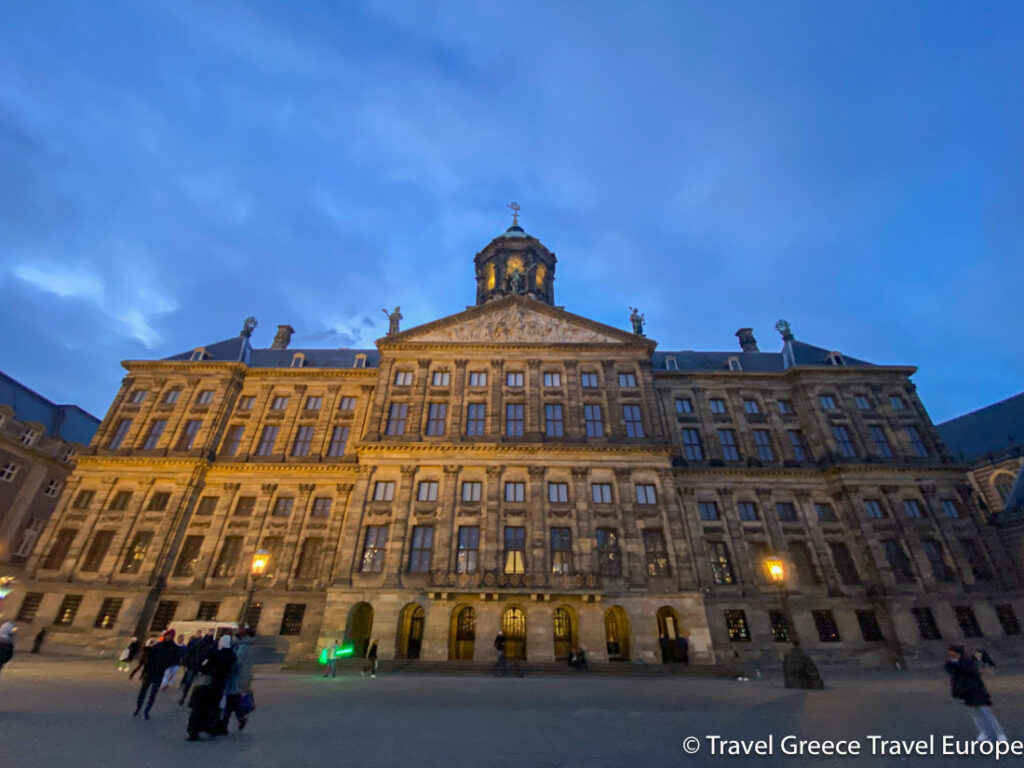
Visitors to the Royal Palace are greeted by its classical façade, which sets the stage for the opulence and artistry that lie within. The interior of the palace is a testament to the grandeur of the Dutch Empire, with each room and hall adorned with intricate artworks, lavish furniture, and ornate decorations. The palace’s interiors are a blend of classical and modern styles, reflecting the different periods and tastes of its royal occupants.
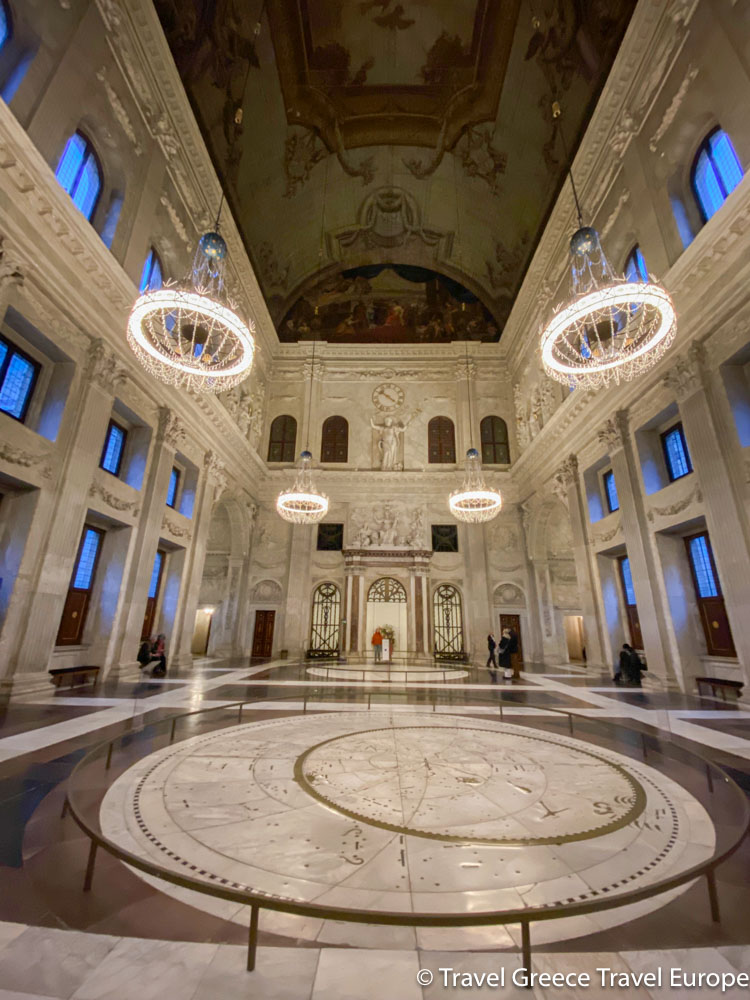
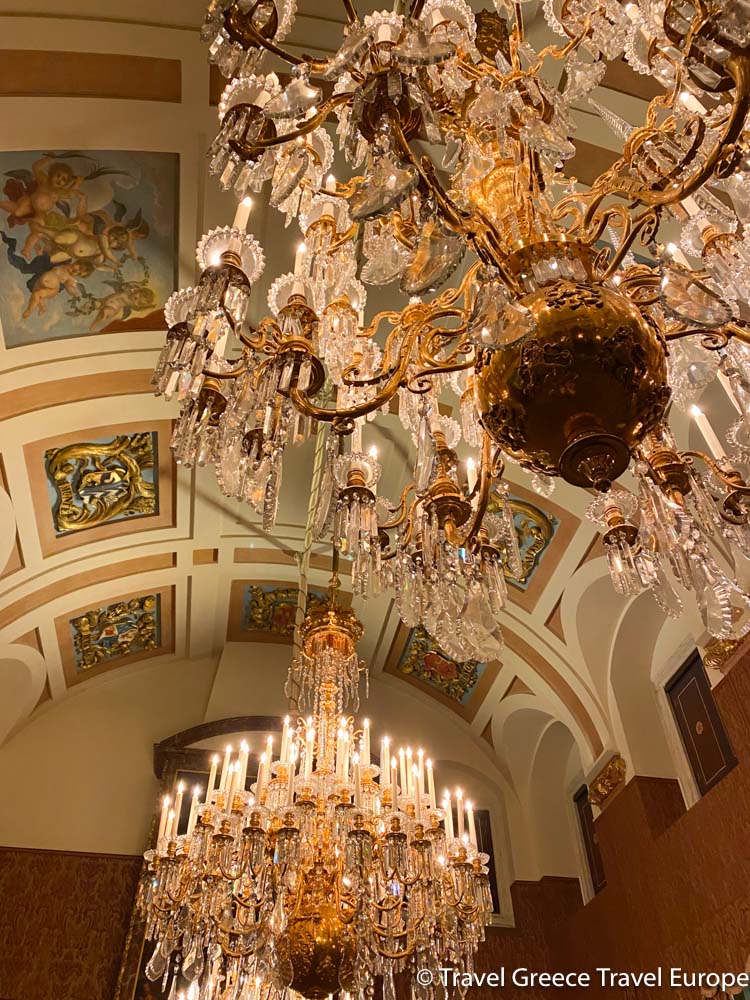
One of the most striking features of the Royal Palace is the Citizen’s Hall (Burgerzaal), a large and imposing central hall that was originally designed as a public space. The marble floor here is inlaid with maps of the world, showcasing Amsterdam’s global trading connections during its Golden Age. The hall is flanked by sculptures and paintings that depict various allegorical themes, emphasizing the city’s importance and the virtues of good governance.
The palace also houses a collection of fine art and furniture. Here you can admire the works of renowned artists such as Ferdinand Bol and Govert Flinck, who were pupils of Rembrandt. The furniture, much of which dates back to the French Empire period, adds to the regal ambiance of the palace.
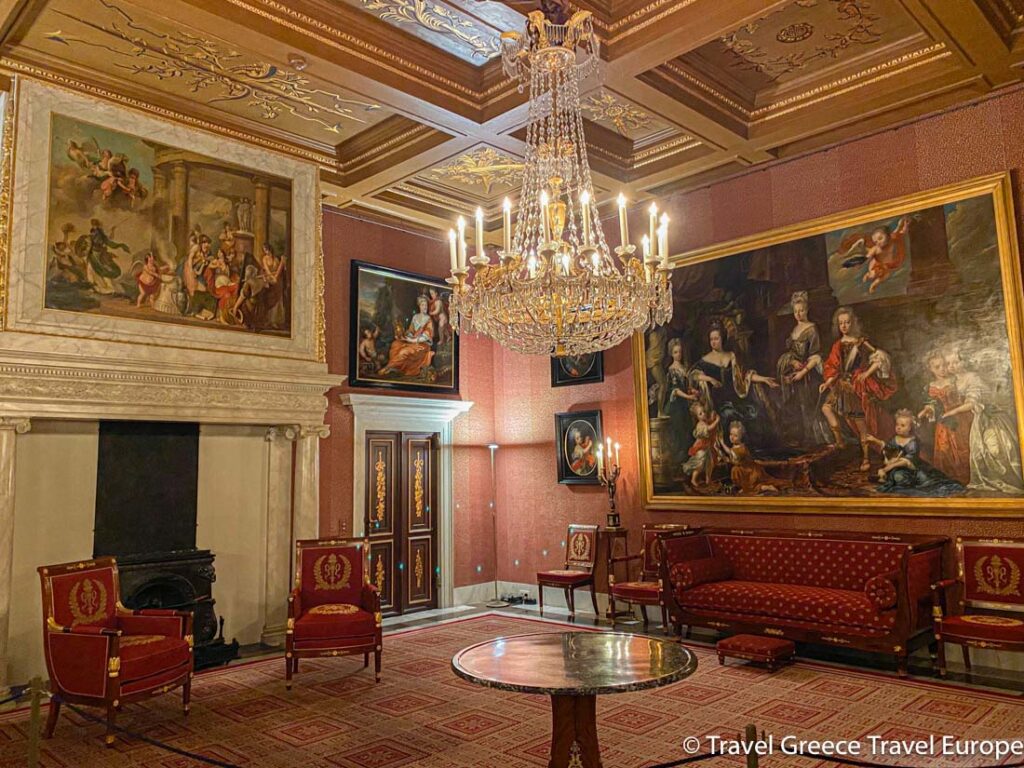
While the Royal Palace is still used for official state functions and royal events, it is open to the public for most of the year. Visitors can take guided tours to learn about the palace’s history, its significance in Dutch culture, and the stories behind the art and objects that adorn its rooms. A visit to the Royal Palace offers a unique glimpse into the Netherlands’ royal heritage and an opportunity to experience the splendor that has been preserved through the centuries.
Begijnhof: A hidden courtyard that whispers tales of historical Amsterdam.
The Begijnhof, nestled in the heart of bustling Amsterdam, is a serene haven that transports visitors back to the quieter, more contemplative times of the city’s past. This enclosed courtyard, one of the oldest in the city, is a hidden gem that dates back to the early 14th century. Originally established as a beguinage, it was a community for Beguines, devout women who led a life dedicated to God without taking monastic vows.
Unlike nuns, Beguines lived in their own homes, had no communal possessions, and could leave the community anytime. The Begijnhof was their sanctuary, a place where spirituality, independence, and community intertwined. The houses in the Begijnhof, with their charming facades and tranquil gardens, reflect the architectural styles of the 17th and 18th centuries, offering a glimpse into the historical lifestyle of its inhabitants.
At the heart of the Begijnhof stands the Engelse Kerk (English Church), originally built in the 15th century and later appropriated by the English-speaking community in the 17th century. Another notable building is the Begijnhofkapel, a clandestine church where Beguines secretly practiced their Catholic faith during the Reformation when Catholicism was banned in Amsterdam.
Afternoon:
Bloemenmarkt: Immerse yourself in a floating world of colors at the Bloemenmarkt. It’s not just a flower market; it’s a canvas where nature’s palette comes to life, offering a bouquet of experiences from tulips that dance in the breeze to the aroma of fresh greenery.
Location: Singel, 1012 DH Amsterdam, Netherlands
Operating hours: Monday—Saturday from 9 am to 5.30 pm, Sunday from 11.30 am to 5.30 pm
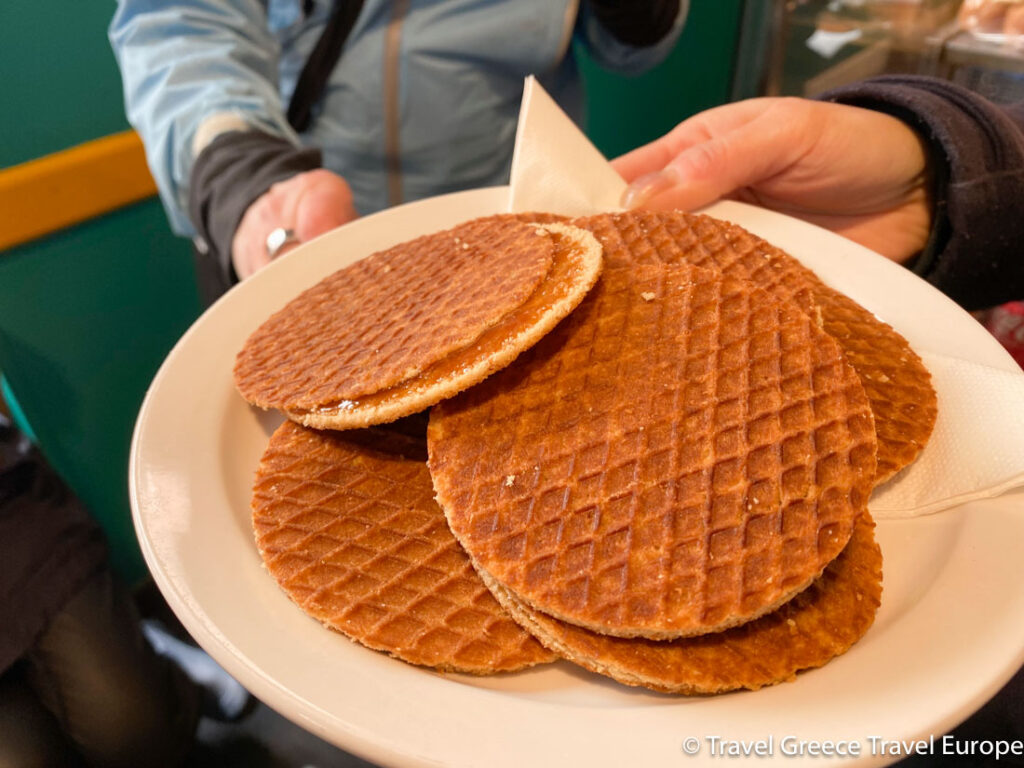
Van Wonderen Stroopwafels: Indulge in a symphony of sweetness at Van Wonderen Stroopwafels. Each stroopwafel is not just a treat; it’s a masterpiece of caramel woven between crispy layers, waiting to serenade your taste buds.
Evening:
Canal Cruise – Discovering Amsterdam from the Water
As the city lights begin to twinkle, embark on a canal cruise. Experience the charm of Amsterdam’s canals and the iconic bridges under the evening sky.
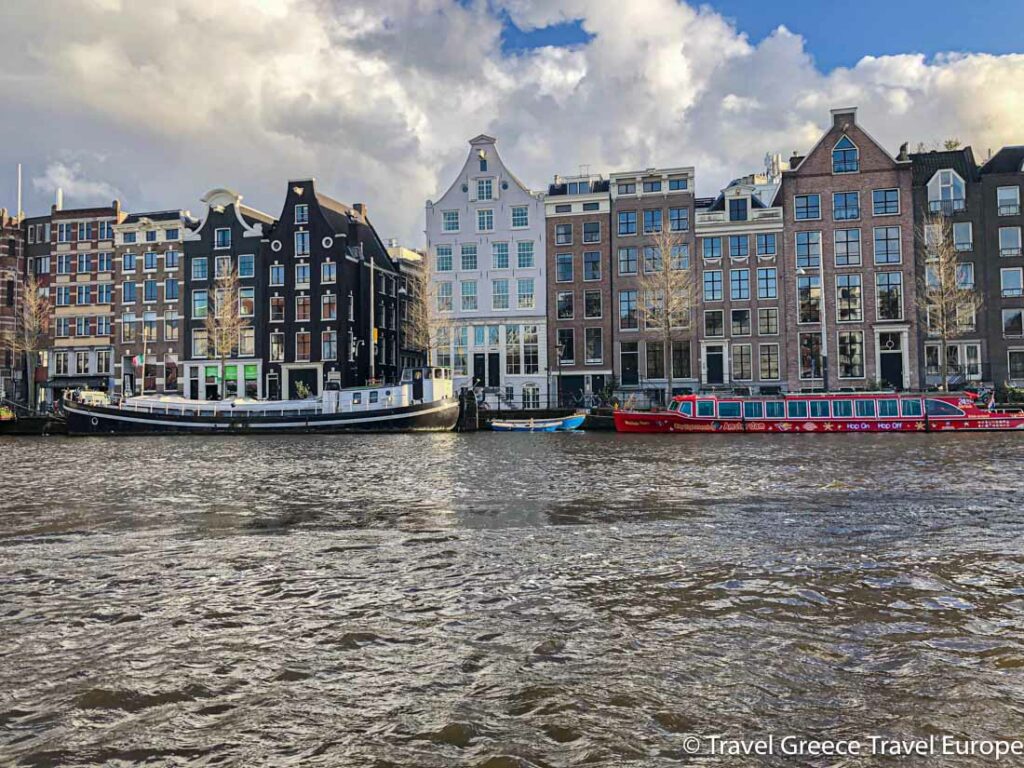
In Amsterdam, you can embark on a Canal Cruise from various locations throughout the city, as the canals weave through the heart of Amsterdam, offering numerous boarding points. Some of the most popular starting points for a Canal Cruise include:
Central Station: Many canal cruises start near Amsterdam Central Station, which is a central hub for tourists. The proximity to the station makes it a convenient starting point for those arriving in Amsterdam by train. Pre-book your canal cruise in advance: Amsterdam: City Centre Canal Cruise
Damrak: Just a short walk from Central Station, Damrak is one of the main streets in Amsterdam and a popular spot for canal cruises. You’ll find several companies offering tours here.
Rijksmuseum / Museumplein: Some canal cruises offer the option to start from the vicinity of the Rijksmuseum, near the famous Museumplein, allowing you to combine a day of art and culture with a relaxing cruise.
Leidseplein: Another popular area for nightlife and entertainment, Leidseplein, also offers canal cruise departures, especially appealing for those looking to follow their cruise with dining or entertainment options.
Anne Frank House / Prinsengracht: For a more historical start to your cruise, you can choose a tour that starts near the Anne Frank House on the Prinsengracht canal. Pre-book your tour here: Amsterdam: Classic Boat Cruise with Cheese & Wine Option
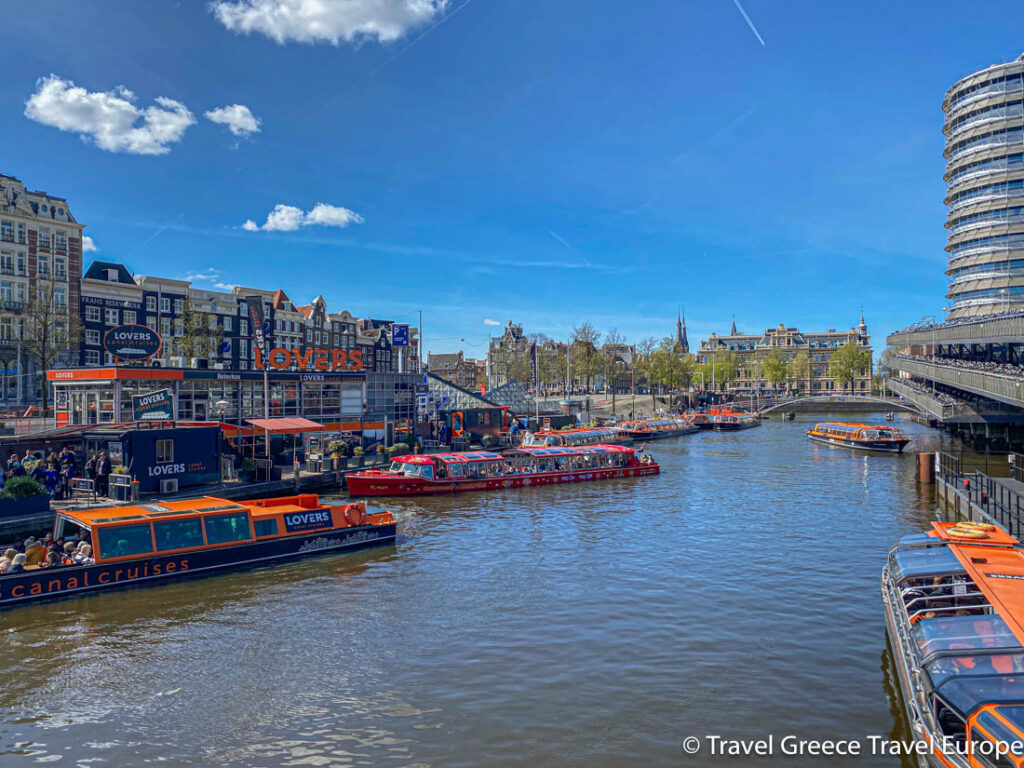
When choosing your canal cruise, it’s advisable to check the specific departure points and times, as they can vary based on the cruise company and the type of tour you select. Whether you’re looking for a daytime adventure, an evening escapade, or a special themed cruise, Amsterdam’s canals offer a unique and memorable experience for every visitor.
Red Light District – A Walk Through Contrasts:
End your day at the Red Light District, known locally as De Wallen, is one of Amsterdam’s most famous and historic areas, renowned for its unique blend of history, nightlife, and the liberal attitudes that have shaped the city’s culture. Here are some details and historical facts about this iconic district:
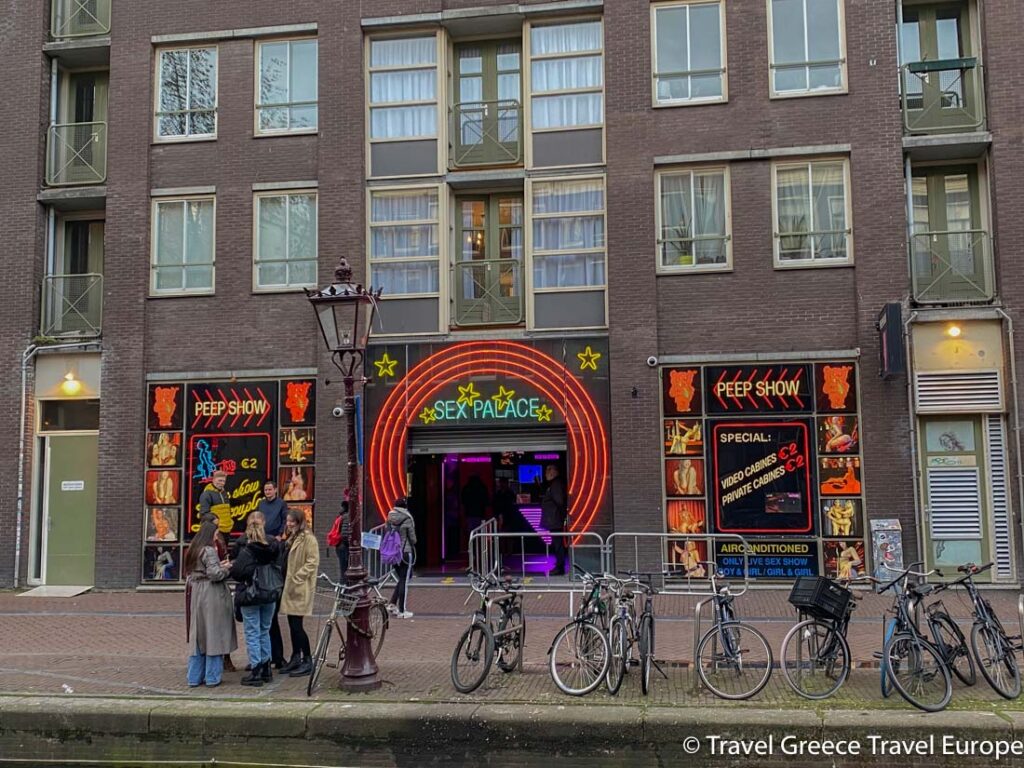
Historical Significance: The Red Light District is one of the oldest parts of Amsterdam, with a history that dates back to the 14th century. It was originally a district for sailors and traders who frequented the city’s ports. The area’s proximity to the harbor made it a bustling hub of activity, contributing to its development as a commercial and entertainment district.
Name and Origin: The name ‘Red Light District’ comes from the red lights that illuminate the windows and doors of the district’s establishments. The red light has historically been a signal for areas that offer adult entertainment and services.
Legalization and Regulation: Prostitution was legalized in the Netherlands in 2000, and the Red Light District is regulated to ensure the safety and rights of the workers. The district is known for its transparent approach to prostitution, with sex workers renting window booths to offer their services.
Architecture and Canals: The Red Light District is not only known for its adult entertainment but also for its beautiful architecture and picturesque canals. The area is part of Amsterdam’s UNESCO World Heritage site, with historic buildings and bridges that add to the district’s unique charm.
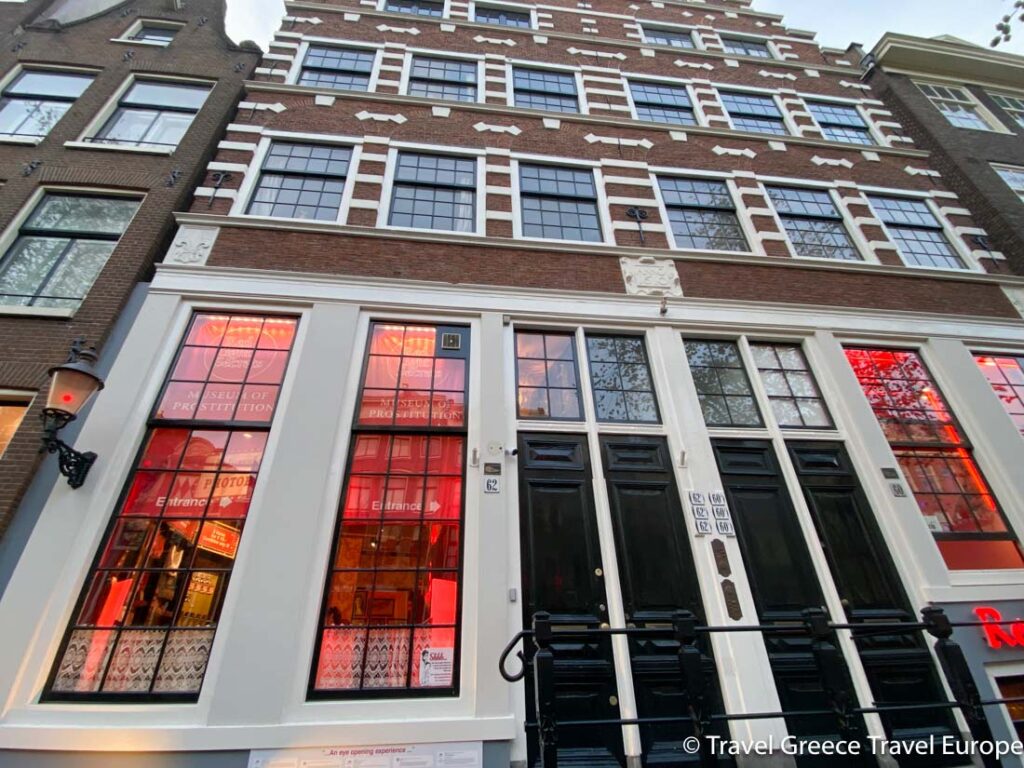
Cultural Diversity: Over the years, the Red Light District has evolved into a melting pot of cultures and entertainment options. Alongside its adult venues, the district is home to a variety of bars, restaurants, and cultural institutions, including the Oude Kerk (Old Church), Amsterdam’s oldest building, and the Museum of Prostitution – Red Light Secrets.
Efforts to Combat Crime: The city of Amsterdam has made significant efforts to clean up the Red Light District, reducing crime and ensuring the area remains safe for residents, sex workers, and tourists. Initiatives such as Project 1012 aim to revitalize the district, reducing the number of window brothels and replacing them with new businesses and cultural venues.
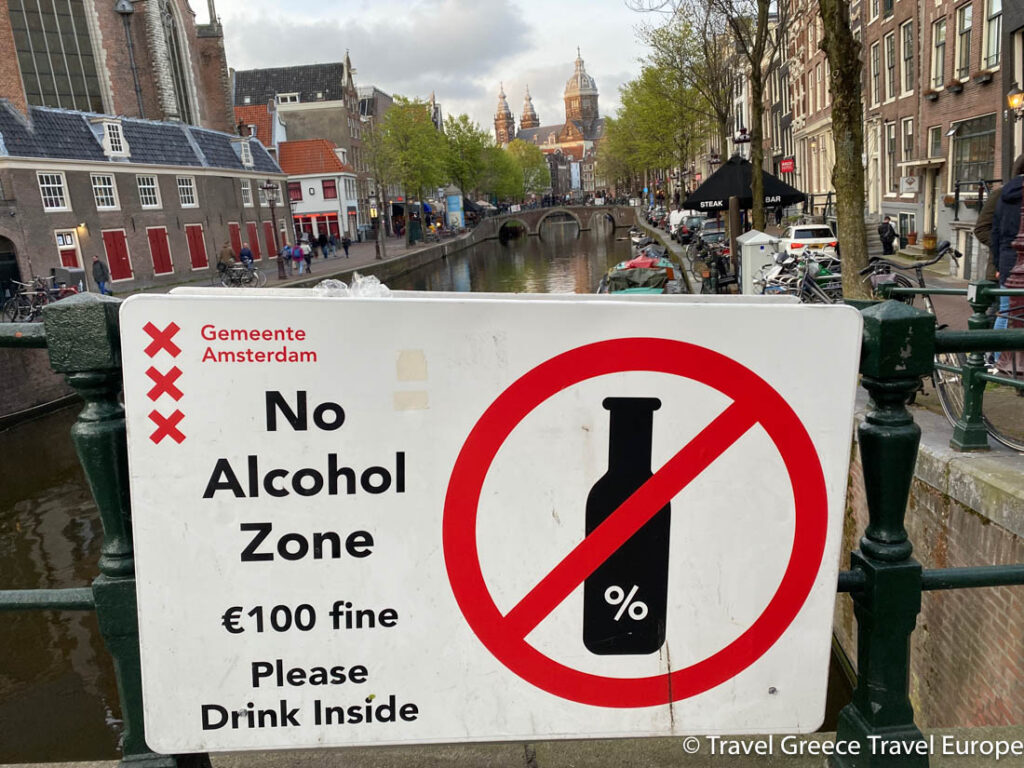
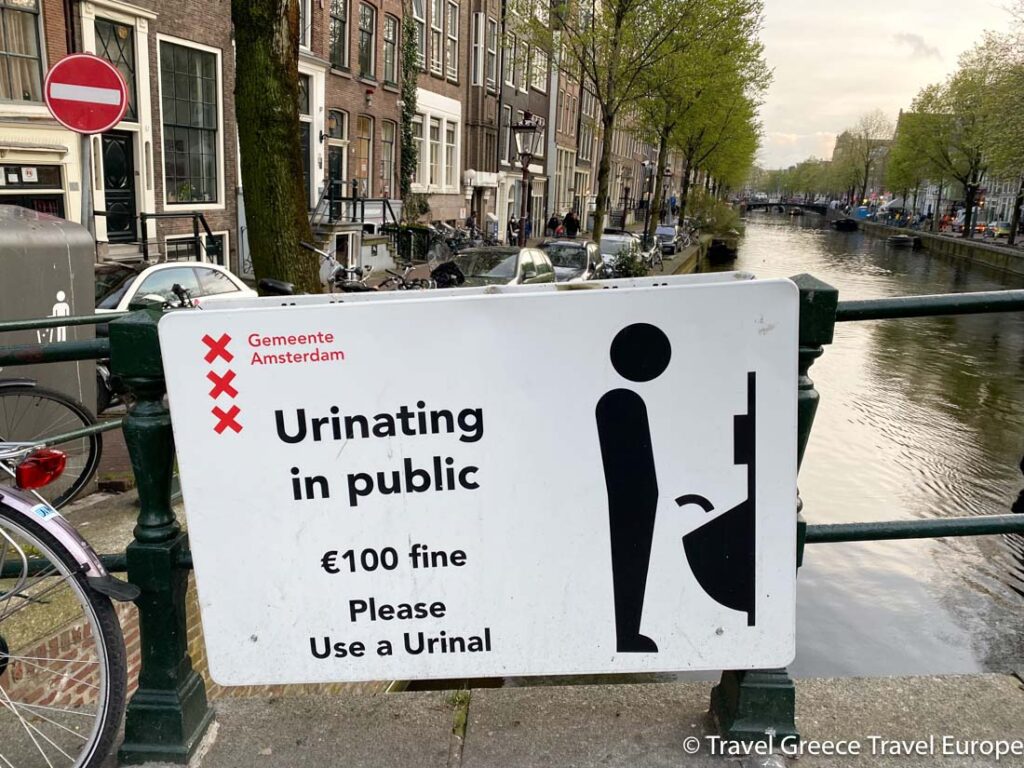
Tourism and Etiquette: The Red Light District is a major tourist attraction, drawing visitors from around the world. While exploring the area, it’s important to respect the privacy and dignity of the workers. Photography of the workers or the windows is strictly prohibited, and visitors are expected to behave respectfully and responsibly.
Join one of these tours:
Amsterdam Red Light District & Coffee Shop Tour
Amsterdam: Red Light District Exclusive Night Tour
Tip: End your evening with a delightful dinner
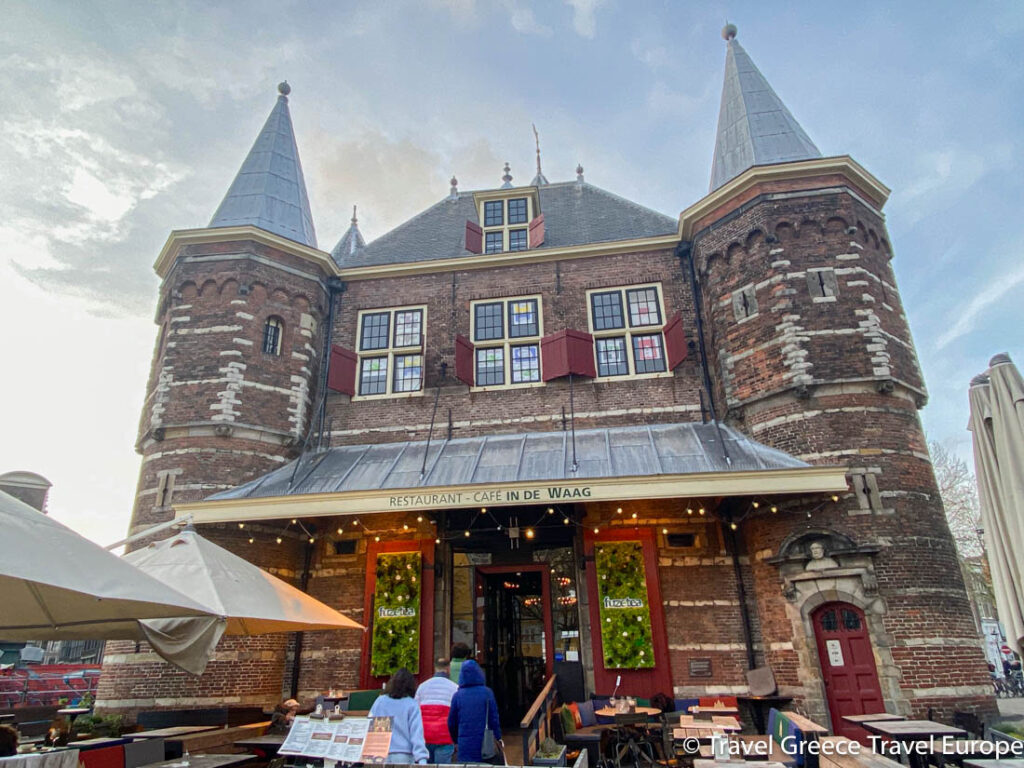
Restaurant-Café In de Waag, a culinary gem located in the heart of Amsterdam’s lively Nieuwmarkt, is housed in a historic building that dates back to the period between 1425-1488. This monumental structure, originally the St. Anthonis gate and later a weighing house (Waag), is steeped in history and exudes a romantic atmosphere, especially when lit by 300 real candles in the evenings. Reservations are highly recommended.
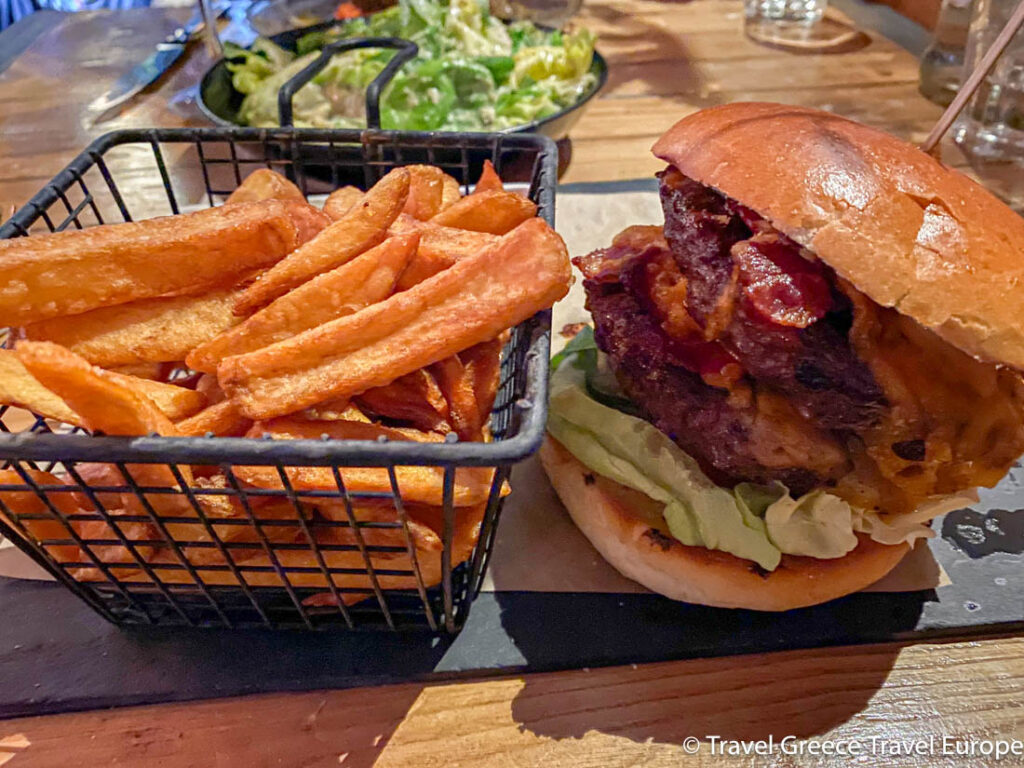
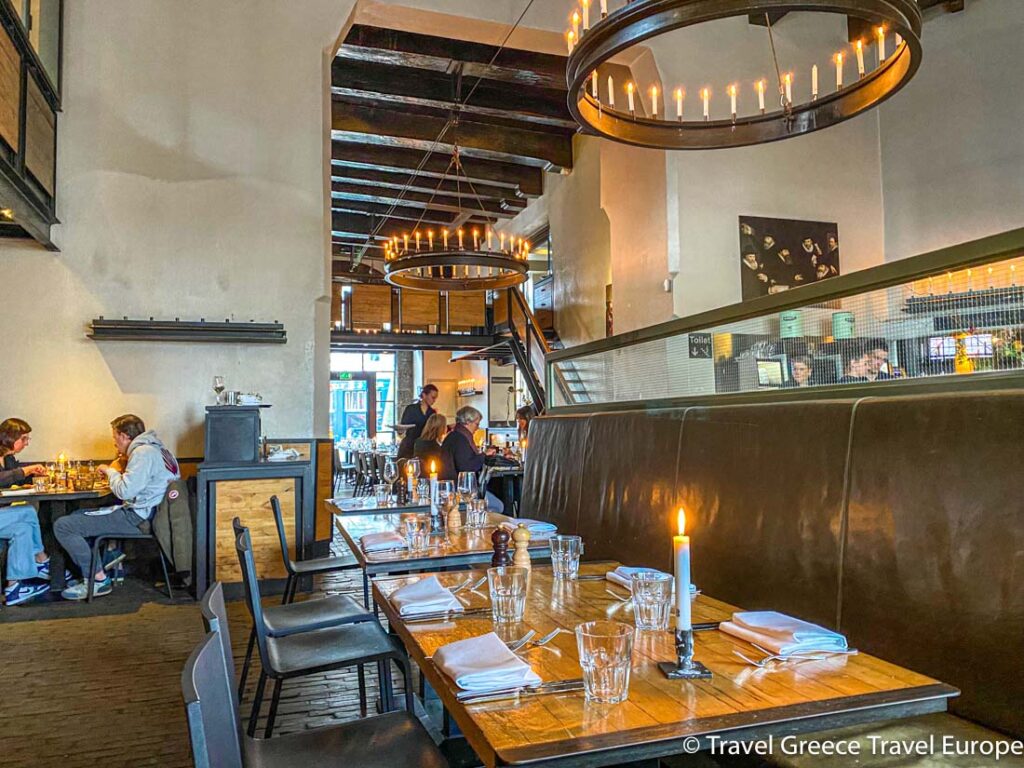
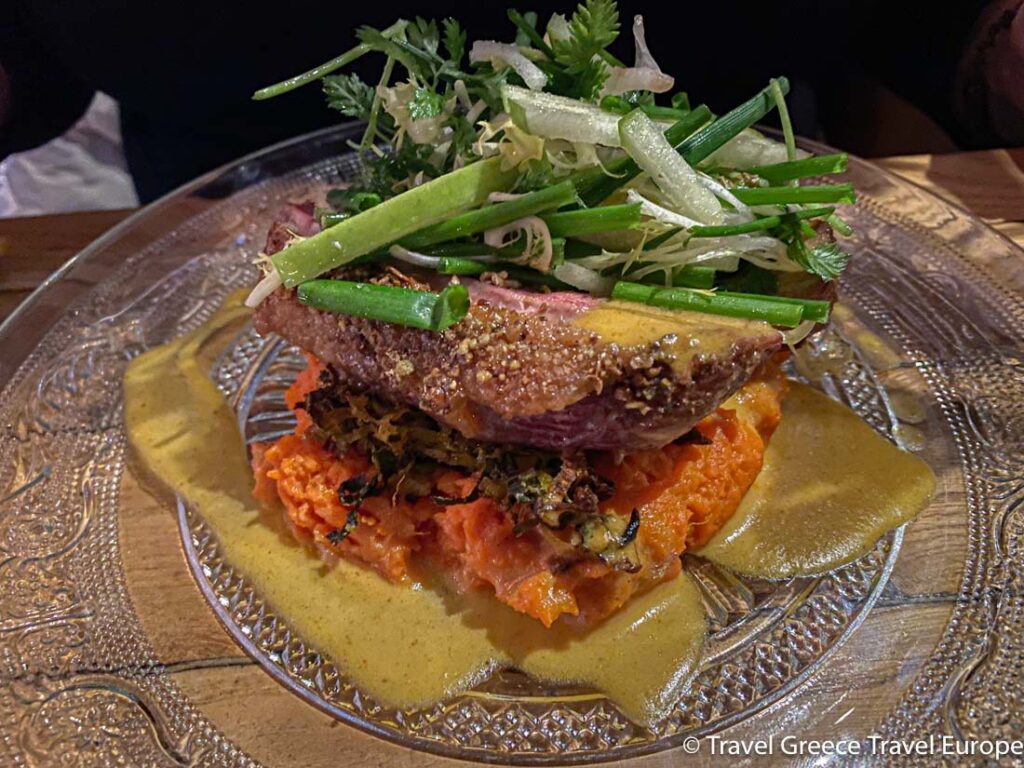
Day 2 of the 4-Day Amsterdam itinerary: A Day of Art, Parks, and Culinary Exploration
Morning:
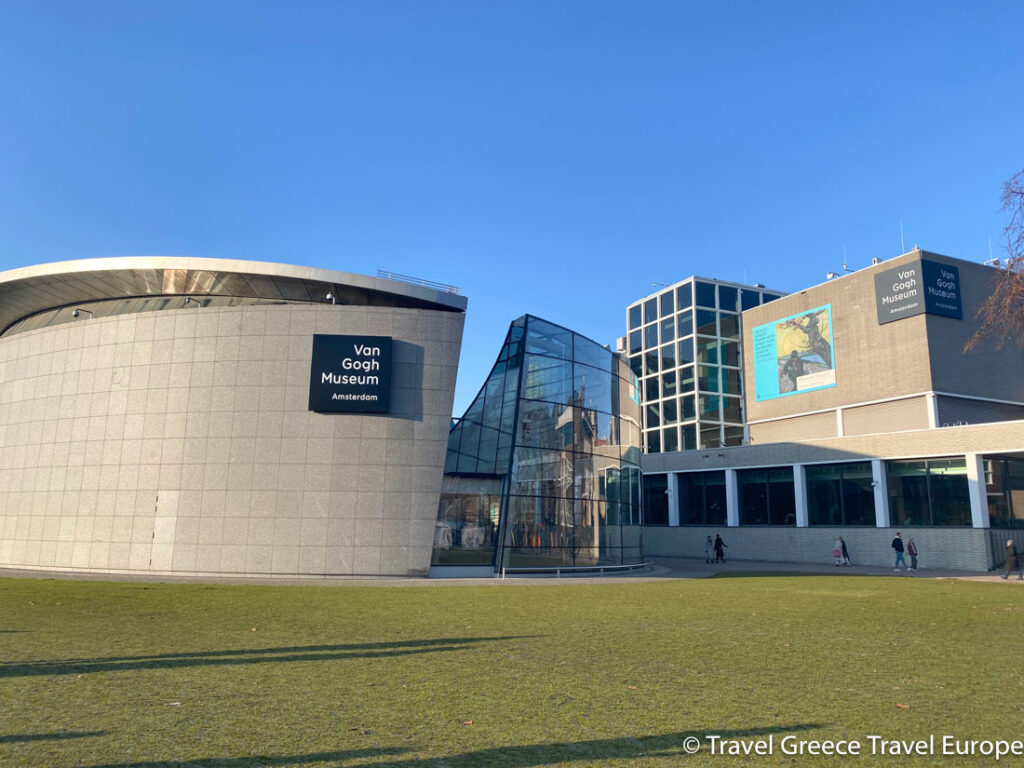
Start your morning early at the Museumplein, or Museum Square, which is one of Amsterdam’s most prestigious and culturally rich areas, renowned for its elegant layout and concentration of world-class museums. This spacious public square is not just a cultural hub but also a vibrant gathering place for locals and tourists alike, offering a blend of art, leisure, and scenic beauty.
At the heart of Museumplein, you’ll find four major museums, each a treasure trove of art, history, and culture:
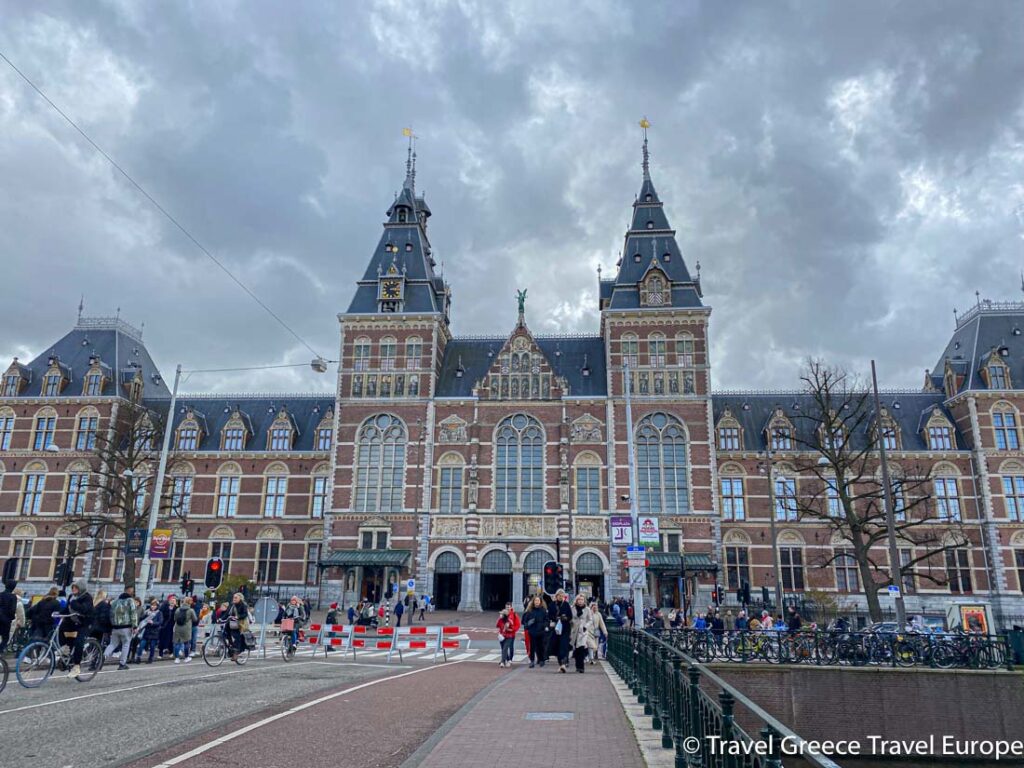
Rijksmuseum: The Rijksmuseum is the Netherlands’ national museum dedicated to arts and history. It houses an extensive collection of historical artifacts, traditional Dutch crafts, and a vast array of paintings from the Dutch Golden Age, including works by Rembrandt, Vermeer, and many other renowned artists. Plan your visit by buying your tickets in advance.
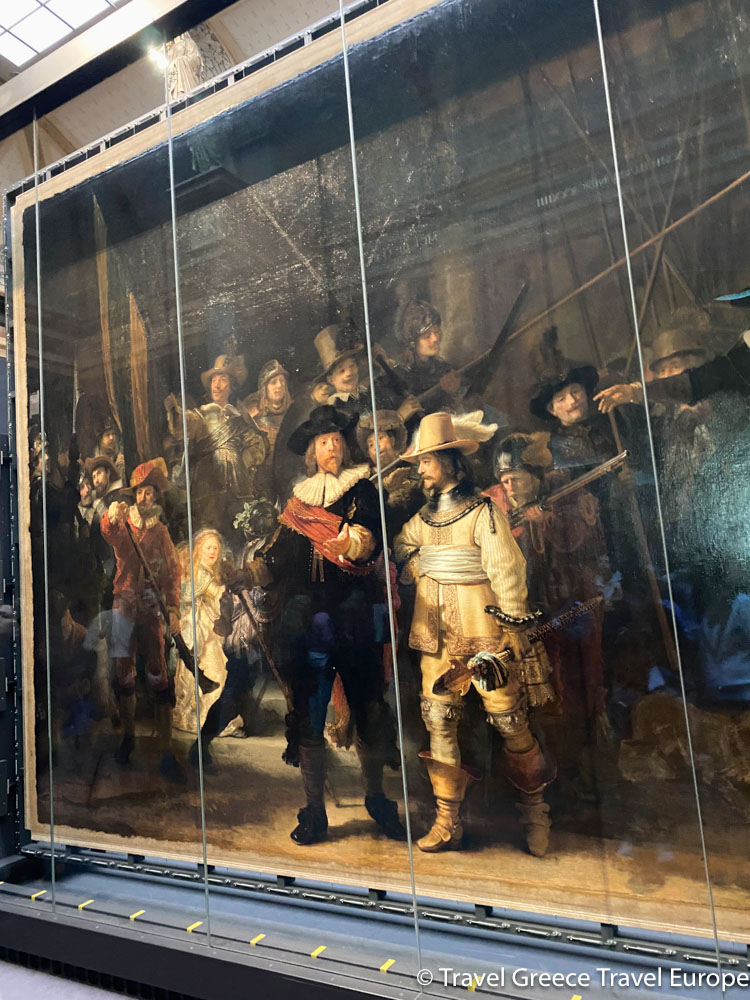
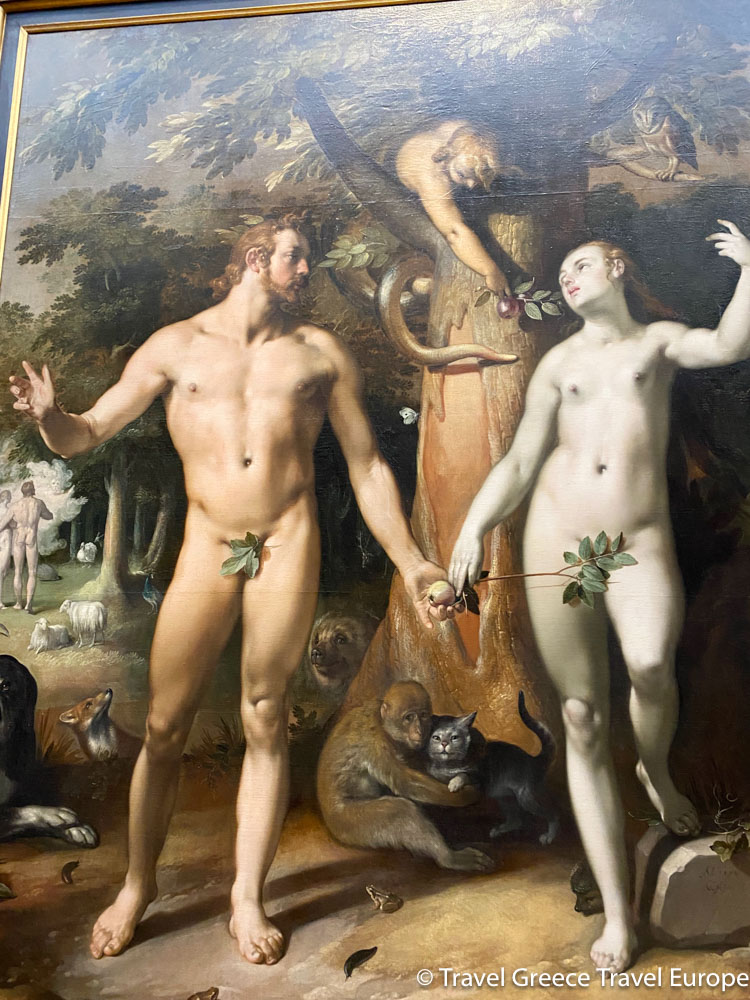
Van Gogh Museum: This museum is dedicated to the life and works of Vincent van Gogh, one of the most famous and influential figures in the history of Western art. The museum boasts the largest collection of Van Gogh’s paintings and drawings in the world, offering deep insight into his life and artistic journey. The museum was founded by his nephew. This is one of the most popular museums of Amsterdam, it is highly advisable to book your tickets well in advance, on my spring visit I was negligent and didn’t purchase my tickets in advance, and of course I couldn’t find anything last minute, not even a private tour. Buy your Van Gogh tickets here.
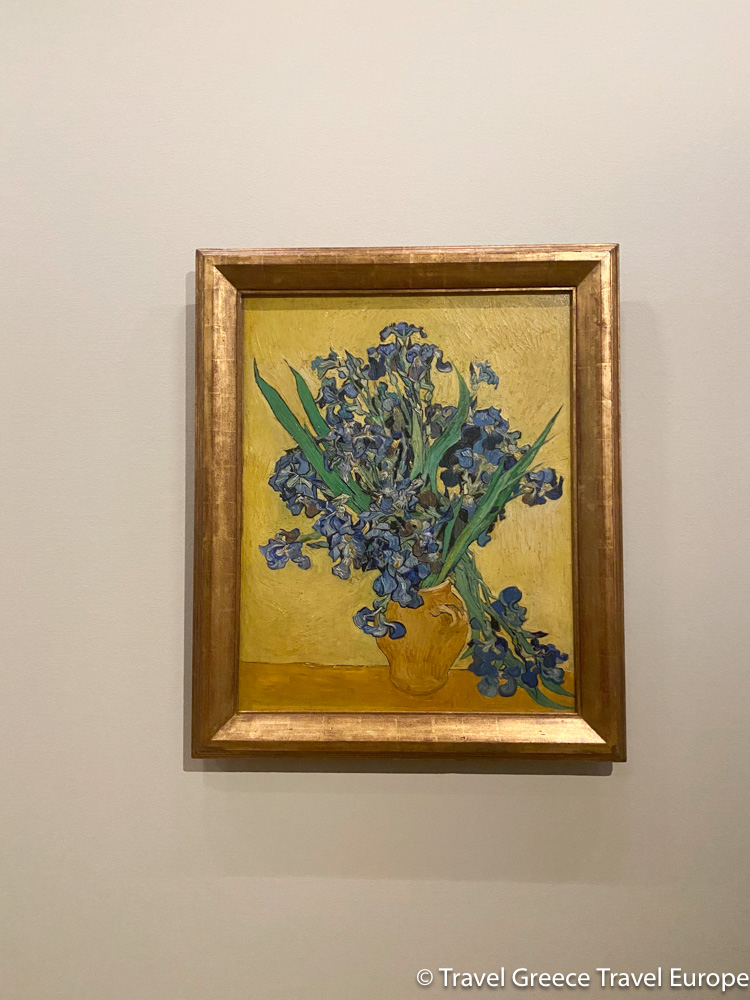
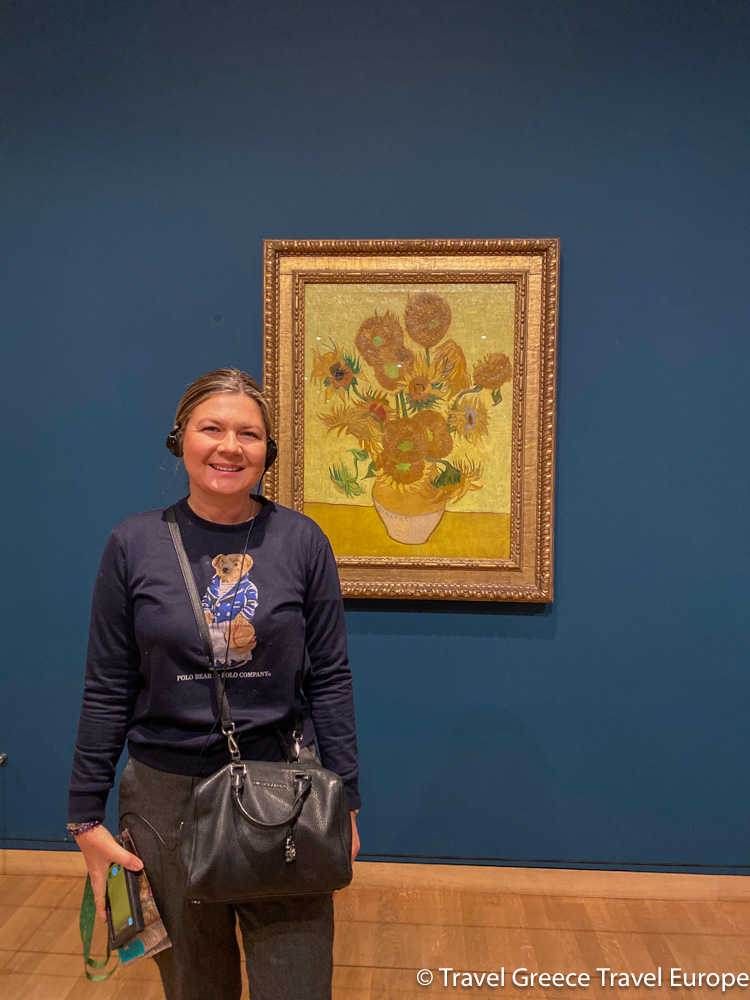
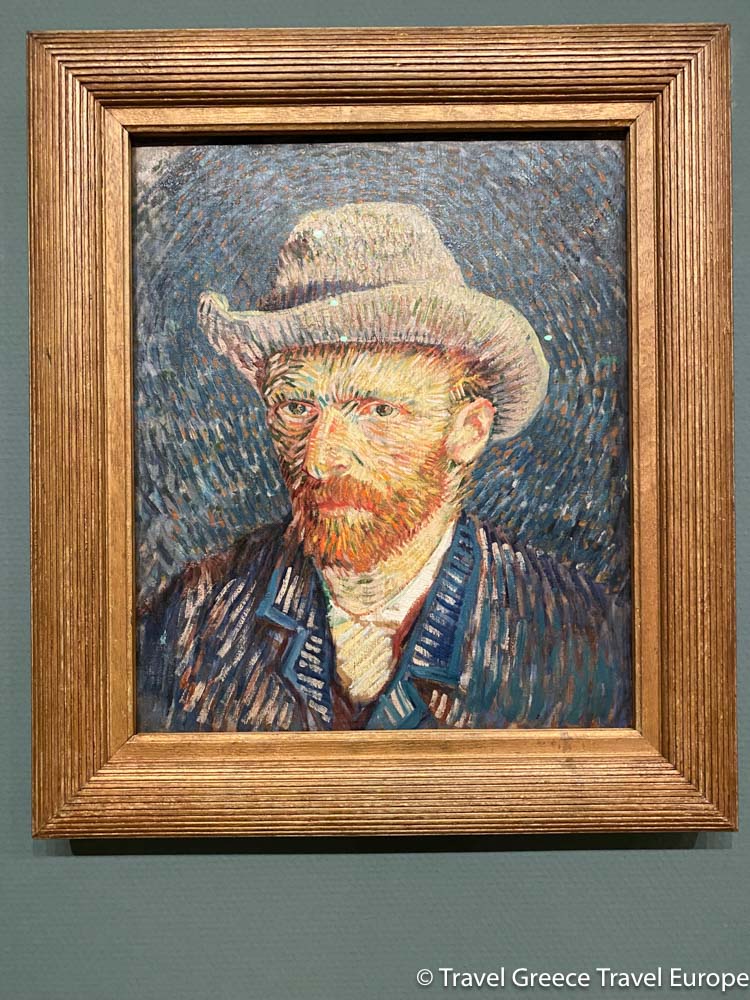
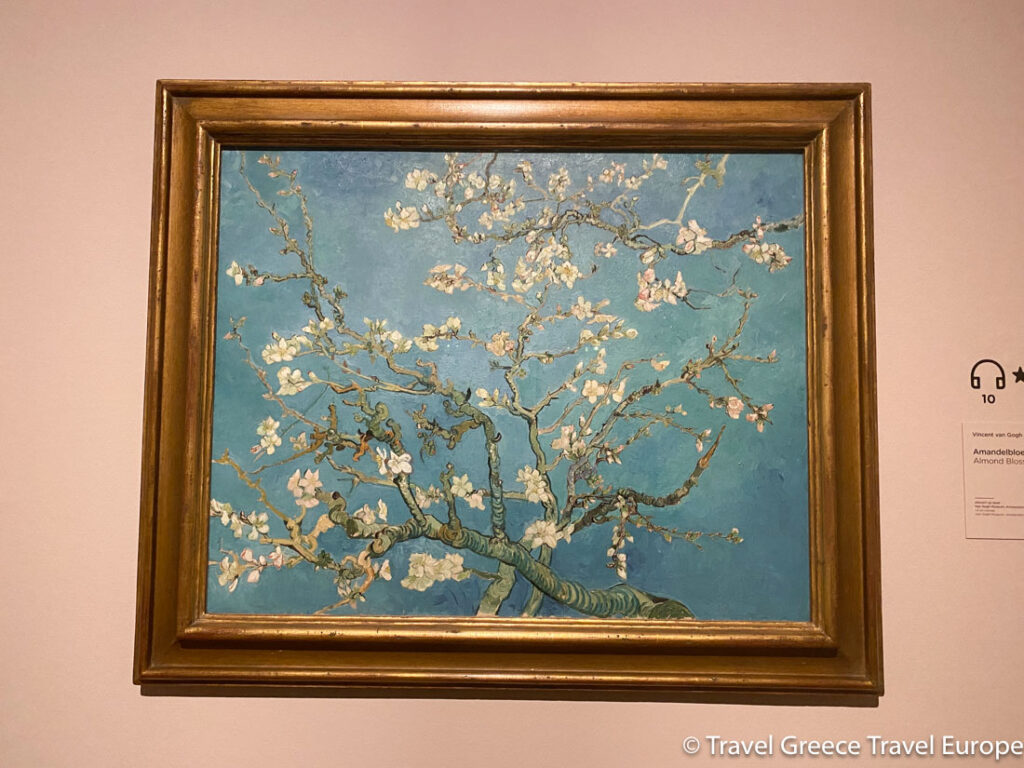
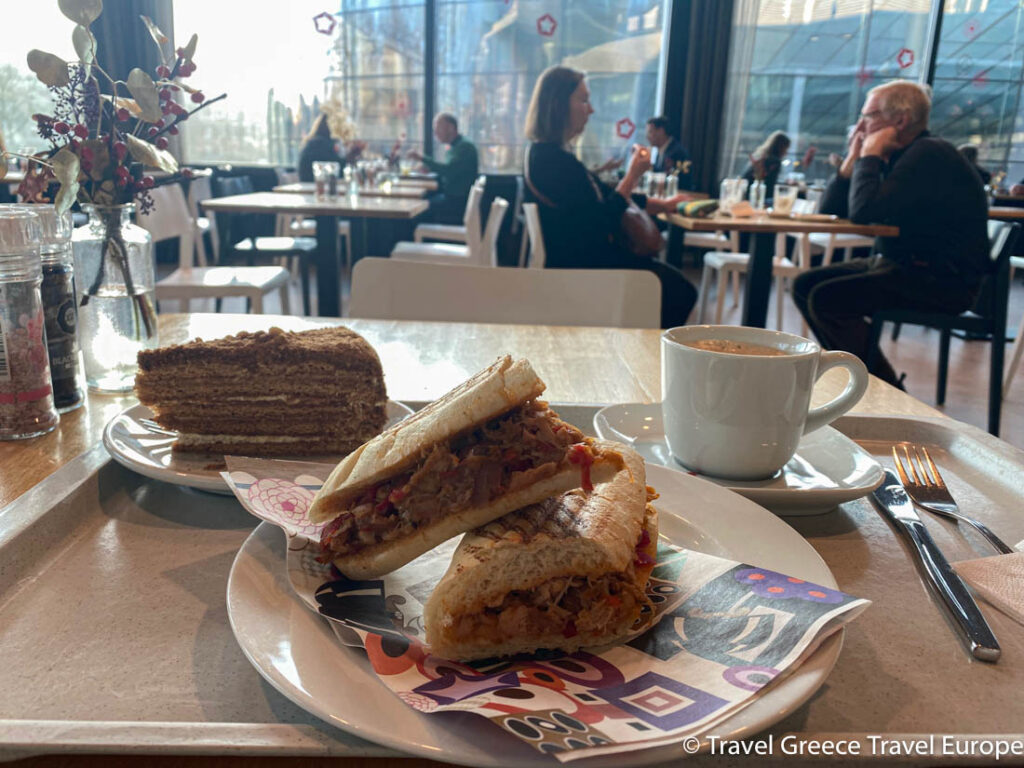
Stedelijk Museum: The Stedelijk Museum is Amsterdam’s leading museum for modern and contemporary art and design. Its collection includes works by some of the 20th and 21st centuries’ most famous artists, making it a must-visit for enthusiasts of modern art.
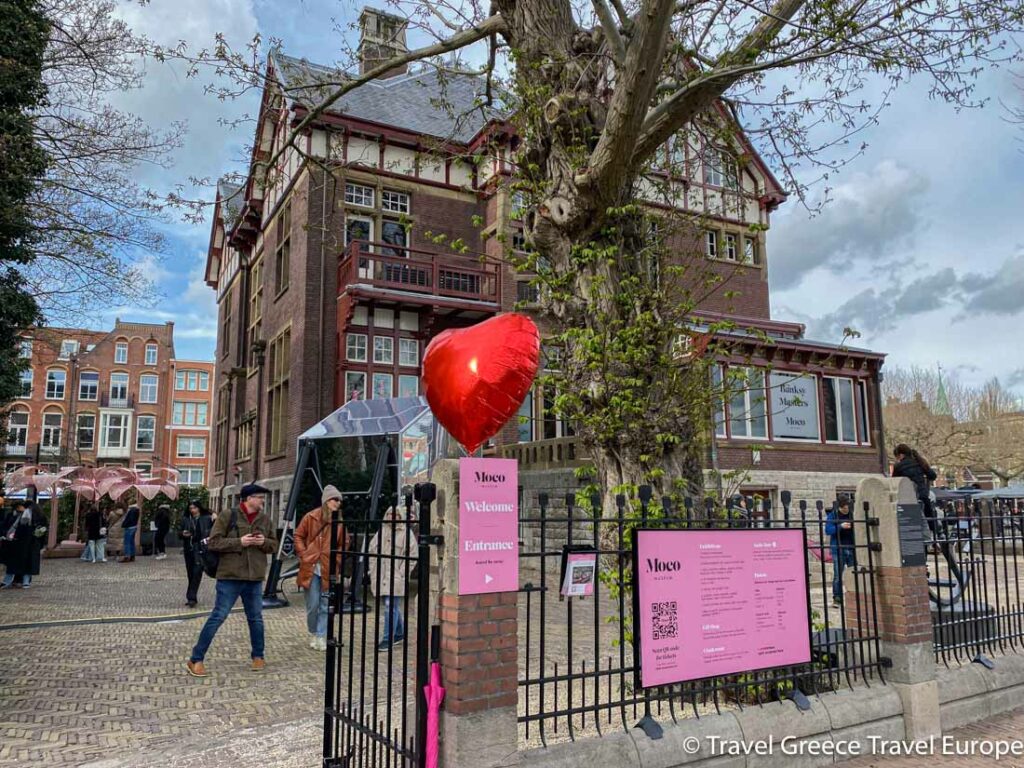
The Moco Museum in Amsterdam is a captivating destination for lovers of modern and contemporary art. Located in the Villa Alsberg, a picturesque townhouse overlooking the vibrant Museumplein, Moco Museum stands between the iconic Rijksmuseum and Van Gogh Museum, placing it at the heart of Amsterdam’s art scene. Moco Museum is known for its unique collection that features works by some of the most groundbreaking and influential artists of the modern and contemporary art world. The museum represents the voice of the street and believes in the power of art as a vehicle for change and expression.

The open space of Museumplein itself is a place where people come to relax, play, and enjoy various outdoor activities. During the winter, a charming ice rink adds to the square’s festive atmosphere, while in the summer, the area becomes a favorite spot for picnics, outdoor concerts, and cultural events.
Afternoon:
Vondelpark – Nature’s Masterpiece: Unwind in the Vondelpark, the green heart of Amsterdam, where locals and tourists alike find solace amidst lush landscapes.
Lunch at The Seafood Bar:
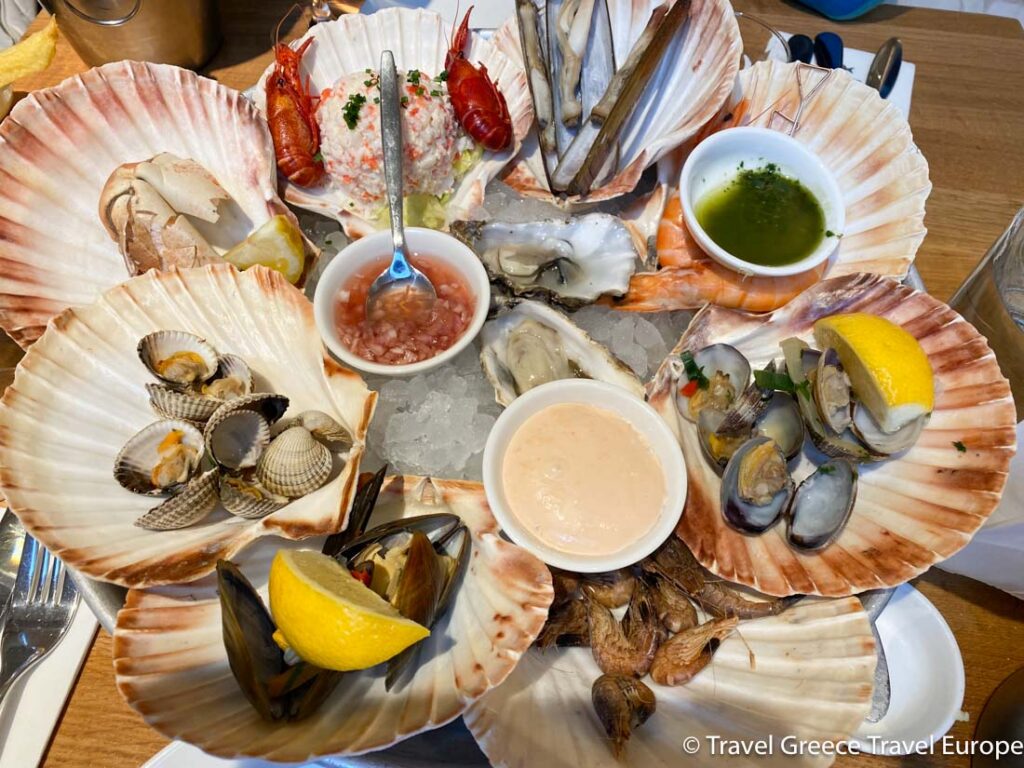
The Seafood Bar in Amsterdam is a culinary haven for seafood lovers, offering a fresh and contemporary dining experience across its four locations in the city. Each restaurant provides a unique atmosphere while maintaining the brand’s commitment to quality, freshness, and sustainability.
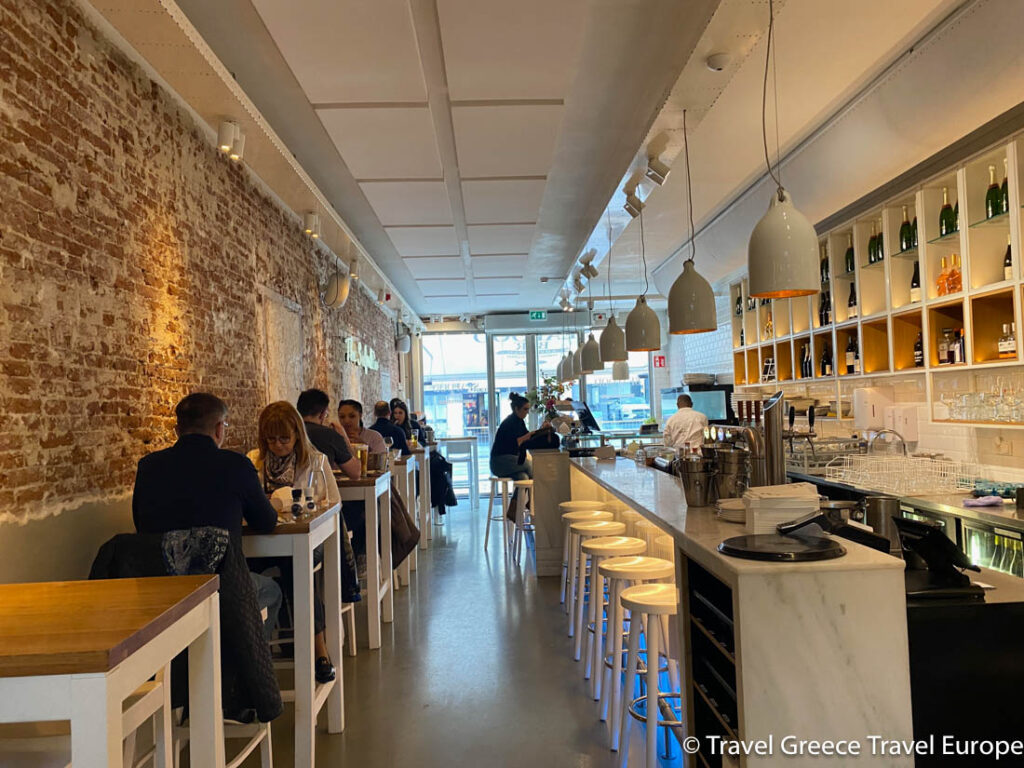
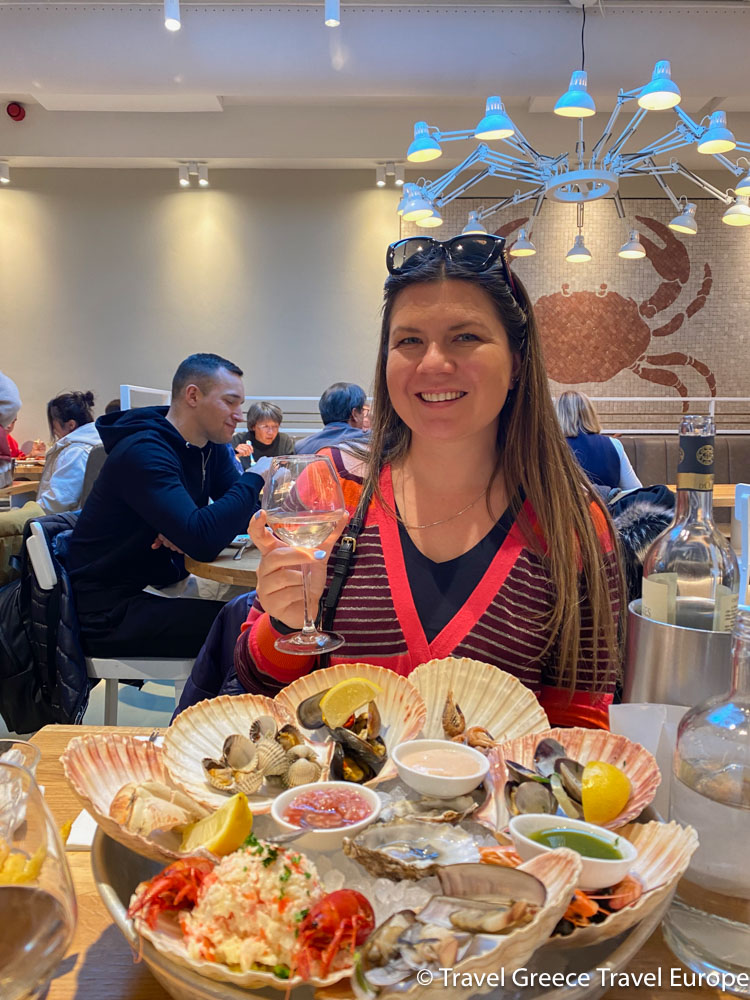
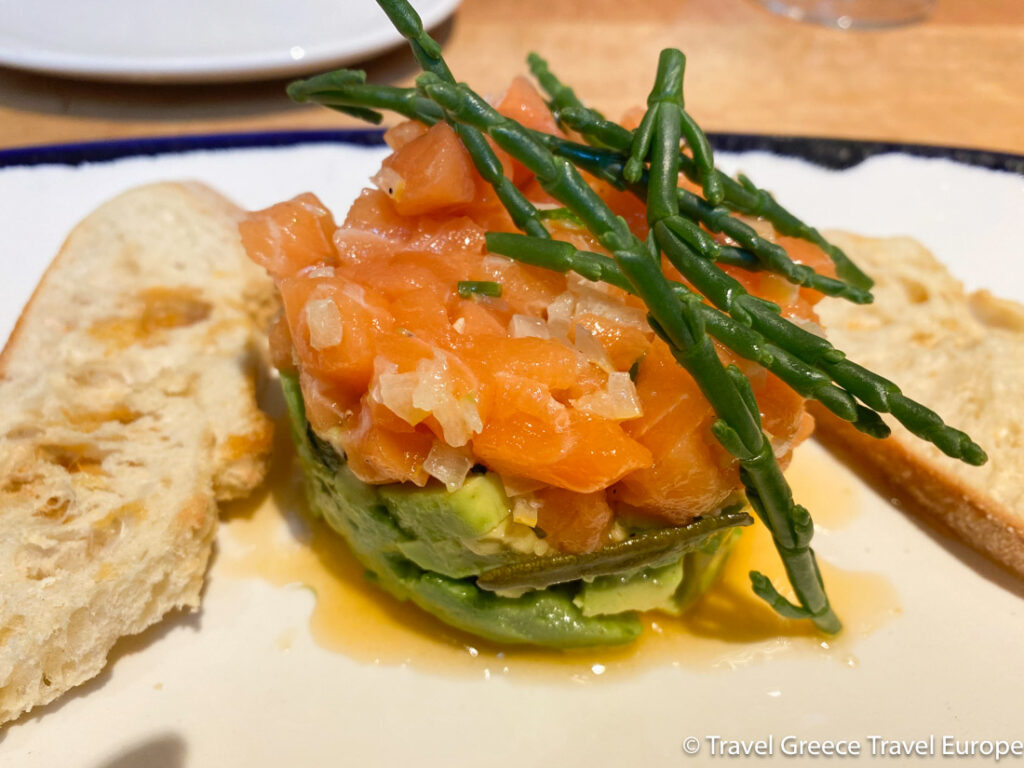
Pick one of the four locations – I had made reservations at the Van Baerlestraat 5 location.
- Van Baerlestraat 5: Located near the Museumplein, this location is perfect for a luxurious dining experience after a day of exploring the city’s art and culture. The restaurant is open daily from 12 PM, offering a diverse menu of seafood delights in a sophisticated setting.
- Spui 15: Nestled in the heart of Amsterdam, this location is ideal for those looking to enjoy a meal in a vibrant and dynamic area. The restaurant is known for its welcoming atmosphere and is open daily from 12 PM, making it a perfect spot for both lunch and dinner.
- Ferdinand Bolstraat 32: Situated in the lively De Pijp neighborhood, this location opens its doors from 5 PM on weekdays and from 12 PM on weekends, catering to the bustling local scene with its exquisite seafood offerings and a cozy ambiance.
- Damrak 213: This location, set in the bustling center of Amsterdam, is perfect for tourists and locals alike. Open daily from 12 PM, it offers a convenient and delightful dining experience, allowing guests to indulge in a wide array of seafood dishes in a modern and inviting setting.
Evening:
The Anne Frank House – A Historical Journey: Visit the Anne Frank House and step into the pages of history. Learn about the life of Anne Frank and her family during WWII. Join this small group or private 2-hour walking tour.
Dinner in De Pijp: Explore the vibrant neighborhood of De Pijp, known for its diverse eateries and lively atmosphere. Choose from a variety of restaurants offering cuisines from around the world.
Day 3: Uncovering Amsterdam’s Hidden Gems and Historic Tales
Morning Discoveries: Join a food tour in the picturesque Jordaan district of Amsterdam. This tour is not just about tasting food; it’s an exploration of culture, history, and the essence of Dutch culinary traditions, set against the backdrop of one of Amsterdam’s most charming neighborhoods.
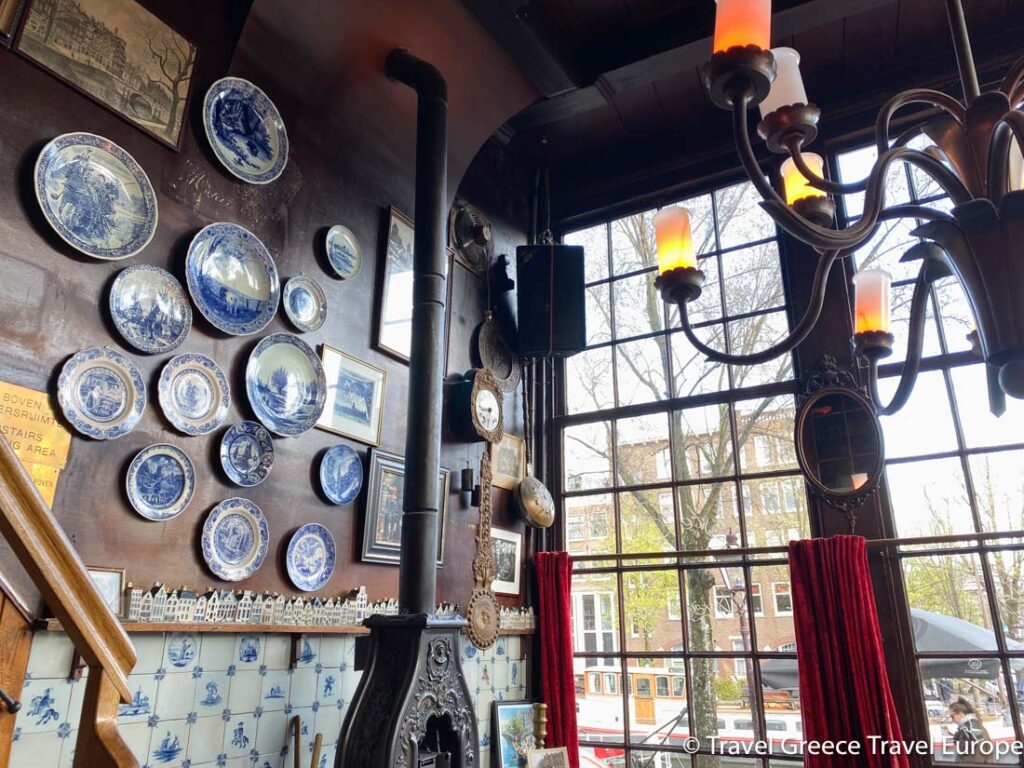
The tour begins at a cozy and historical brown café known for its exceptional Dutch apple pie, baked using a century-old recipe. The café’s ambiance, with its Delft plates, candle chandeliers, and a welcoming fireplace, sets the perfect stage for the first tasting. Beneath the café lies a hidden tunnel, a remnant of the past when worshippers used secret passages to reach hidden churches.
As the tour progresses, participants are introduced to the famous Hollandse Nieuwe, pieces of raw herring topped with freshly chopped onions and gherkins, showcasing the Netherlands’ long-standing fishing tradition. Alongside the herring, the tour features kibbeling, tender pieces of battered white fish, often paired with garlic sauce and reminiscent of the beloved fish and chips but with a unique Dutch twist.
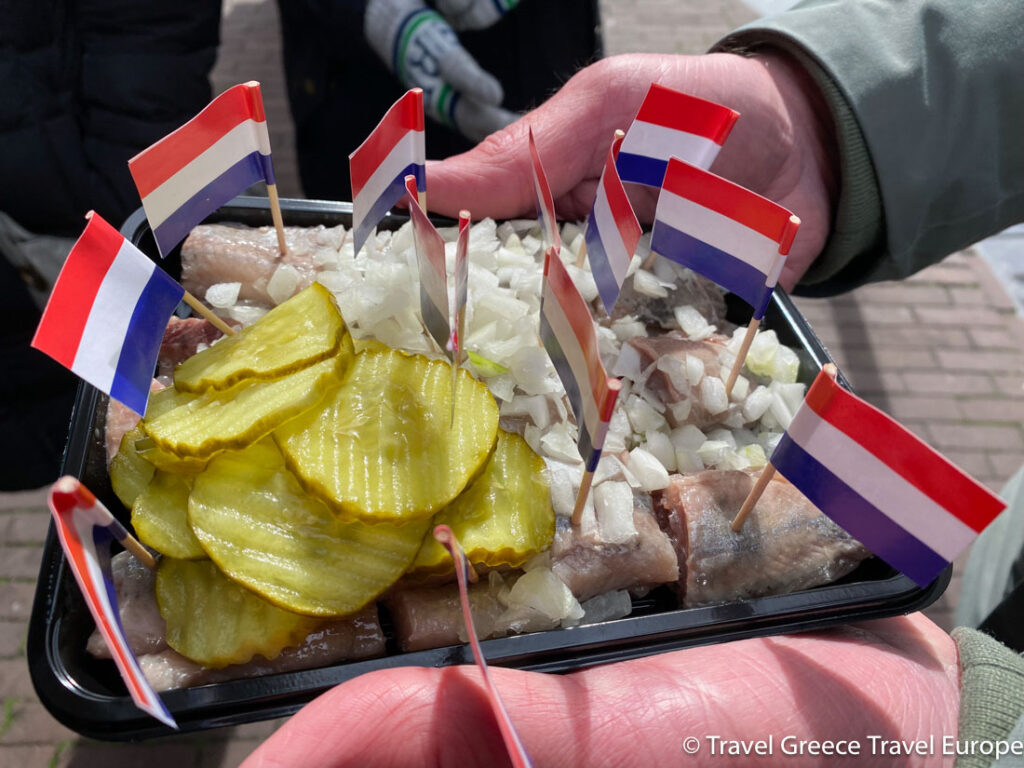

Cheese enthusiasts are in for a treat as the tour delves into the world of Dutch cheeses, including the renowned Gouda and Edam. Participants get to sample different varieties of cheese, each offering a distinct taste and texture, from semi-hard and soft-textured cheeses to aged varieties paired with sweet pickled ginger.
The culinary adventure also includes a taste of Surinamese/Indonesian cuisine, reflecting Amsterdam’s multicultural fabric. Dishes like Chicken satay served with peanut sauce, pickled root vegetables, and shrimp crackers provide a flavorful experience that highlights the fusion of cultures in Dutch cuisine.
No food tour in the Netherlands would be complete without trying stroopwafels, the staple Dutch dessert. The tour stops at a homey bakery where participants can savor freshly baked stroopwafels, enjoying the perfect blend of thin waffles and buttery caramel filling.
For the complete tour review – read my post Eating Europe: The Iconic Dishes in Jordaan Amsterdam and book your 4-hour Food Tour here
Afternoon Strolls: Discover the Iconic Bridges and Botanical Wonders
Cross the iconic Skinny Bridge and witness the picturesque views of the city’s canals. Visit the Hortus Botanicus, one of the oldest botanical gardens in the world, where exotic plants and ancient trees stand as living witnesses to centuries of scientific exploration and discovery.
Evening Delights: Historical Homes and Heineken Experience
Explore the Rembrandt House Museum, where the master artist lived and worked, offering a glimpse into his life and creative process. Stroll through the vibrant Albert Cuyp Market, a bustling hub of local life where the colors, flavors, and aromas of Amsterdam come to life. End your day with the Heineken Experience, a journey through the history of one of the world’s most famous beers, complete with a tasting session to savor the iconic brew.
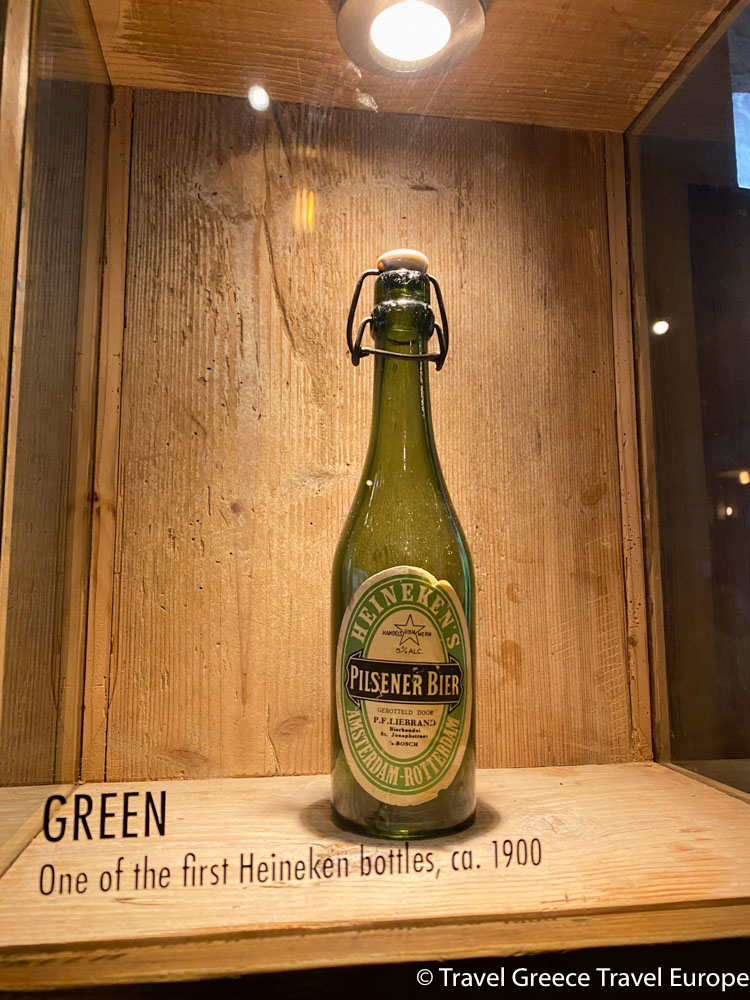
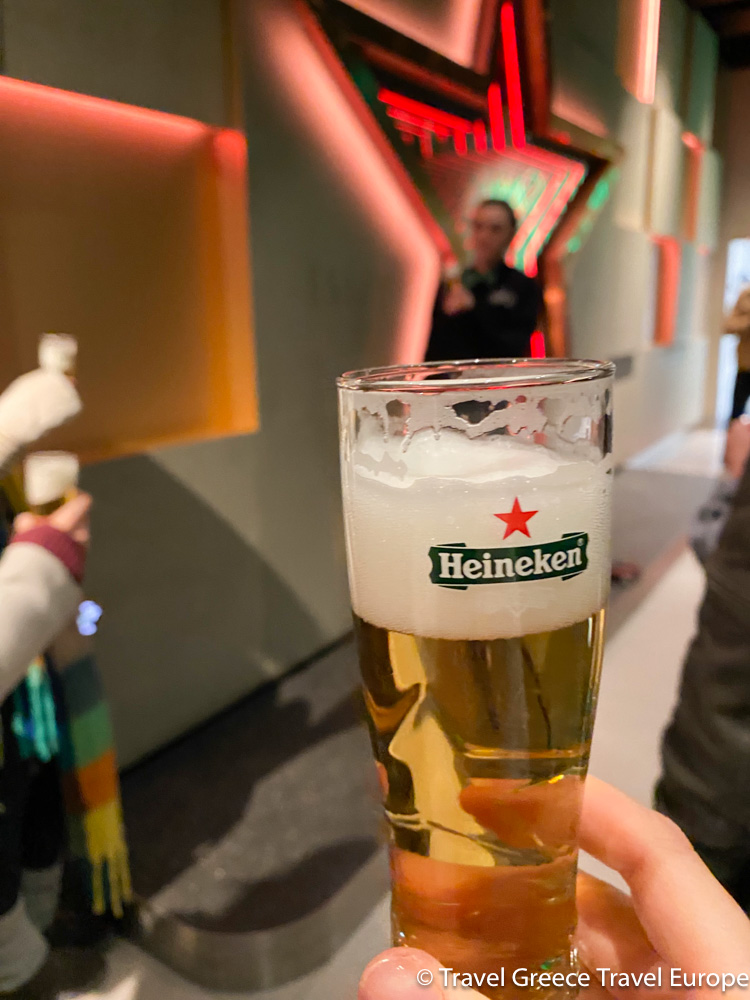
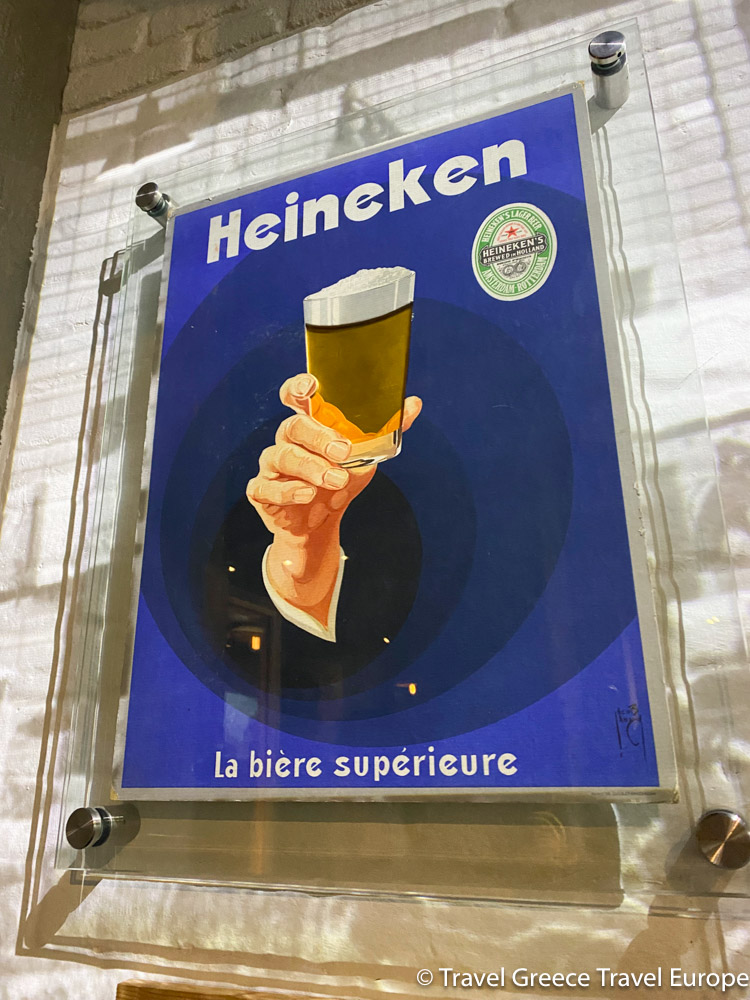
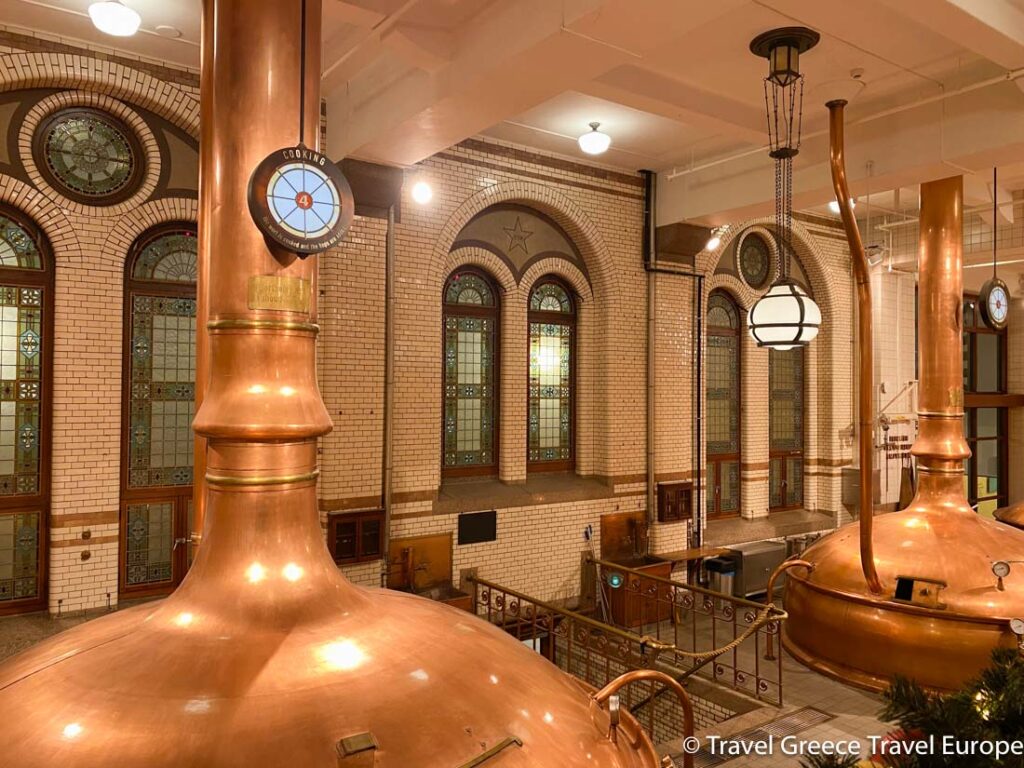
This is one of the most popular attractions, it is advisable to pre-book your Heineken Experience in advance. Choose one of the following:
Amsterdam: Heineken Experience Ticket
Amsterdam: Exclusive Heineken Experience VIP Tour Ticket (Small Group)
Day 4: Beyond Amsterdam – A Day Trip to Keukenhof and Dutch Villages
On your final day of the Amsterdam 4 day itinerary depending on the season you can do one of the following tours. The Keukenhof Tulip Gardens is open from March 21 till 12 May 2024. Pre-book your entree ticket and transportation: From Amsterdam: Keukenhof Entry and Roundtrip Shuttle Bus
Morning to Afternoon:
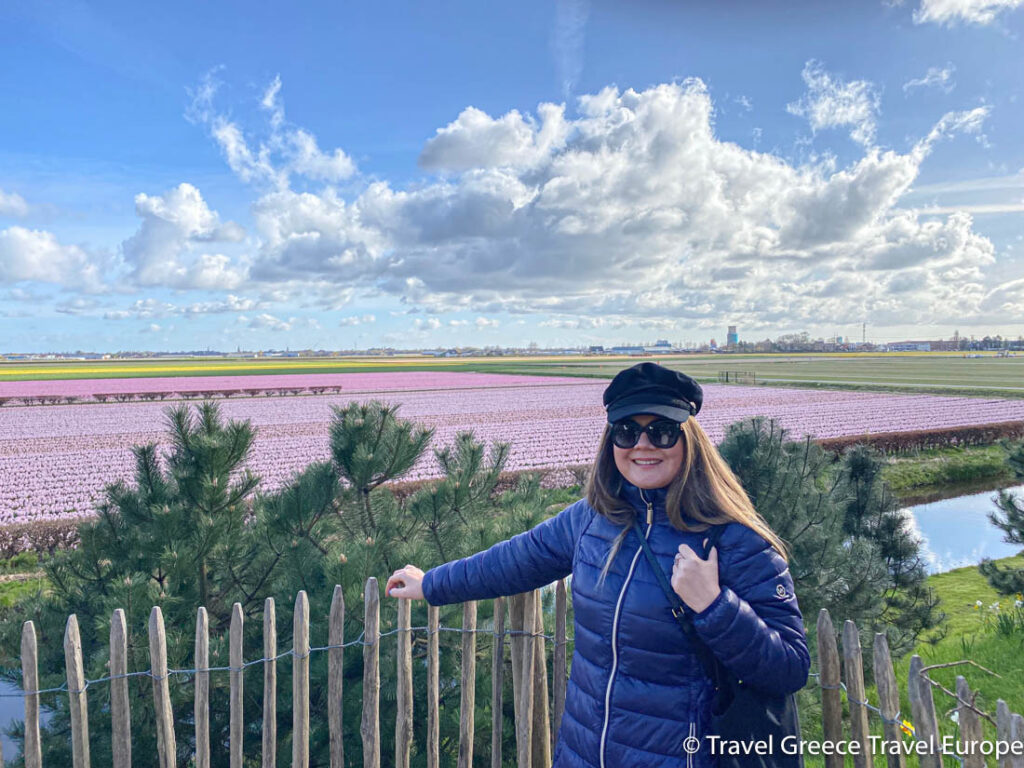
Keukenhof Gardens: Embark on a day trip to Keukenhof, also known as the Garden of Europe, one of the world’s largest and most spectacular flower gardens. It’s not just a garden; it’s a masterpiece of horticultural artistry spread across 79 acres. Here, the tulip, the emblem of the Netherlands, reigns supreme, but it’s accompanied by a supporting cast of millions of other flowers, including daffodils, hyacinths, and lilies.
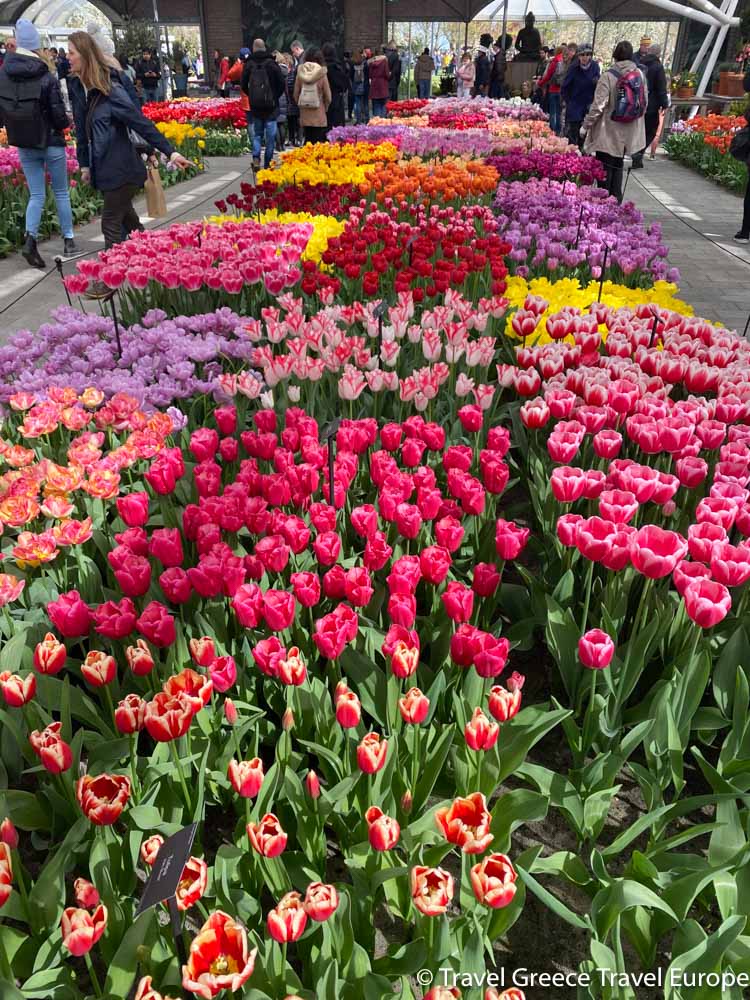
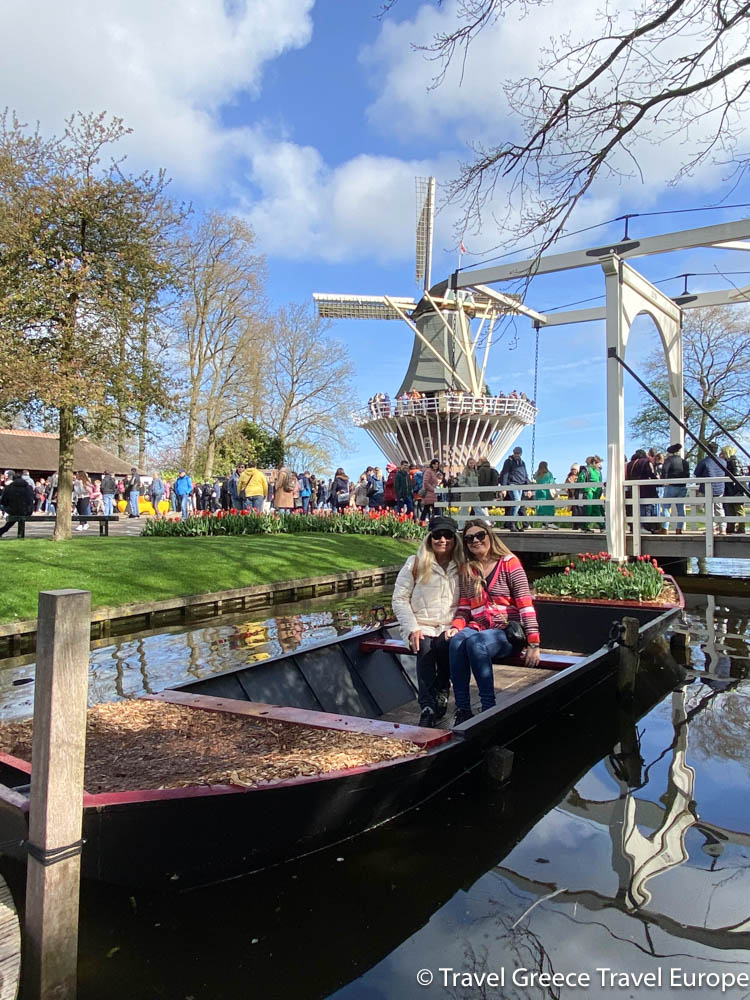
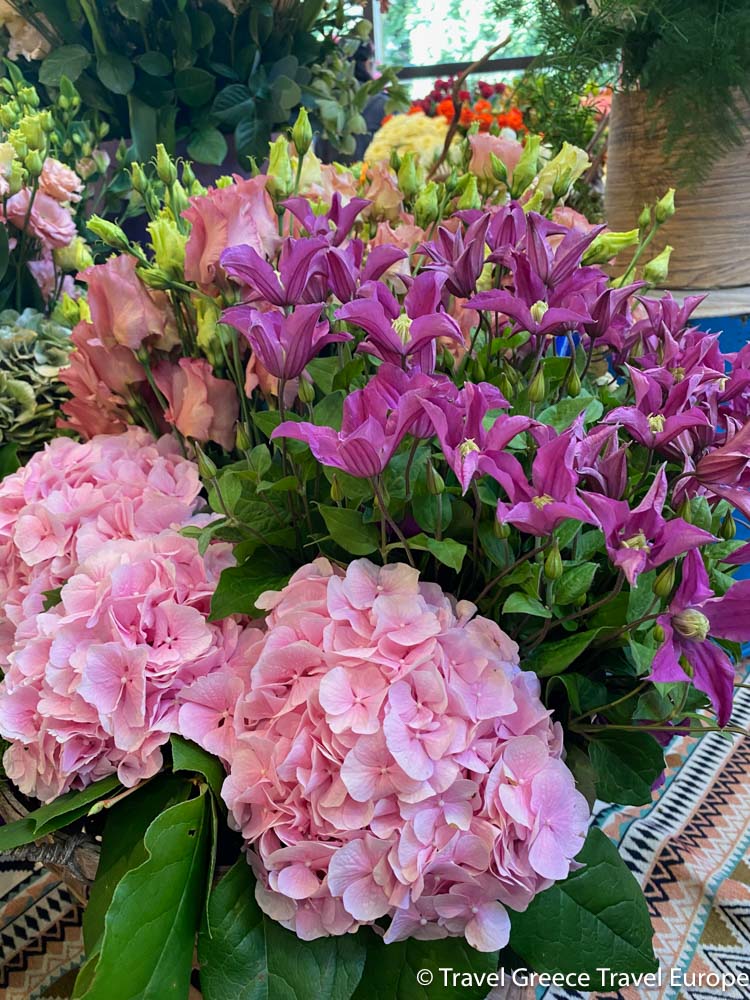
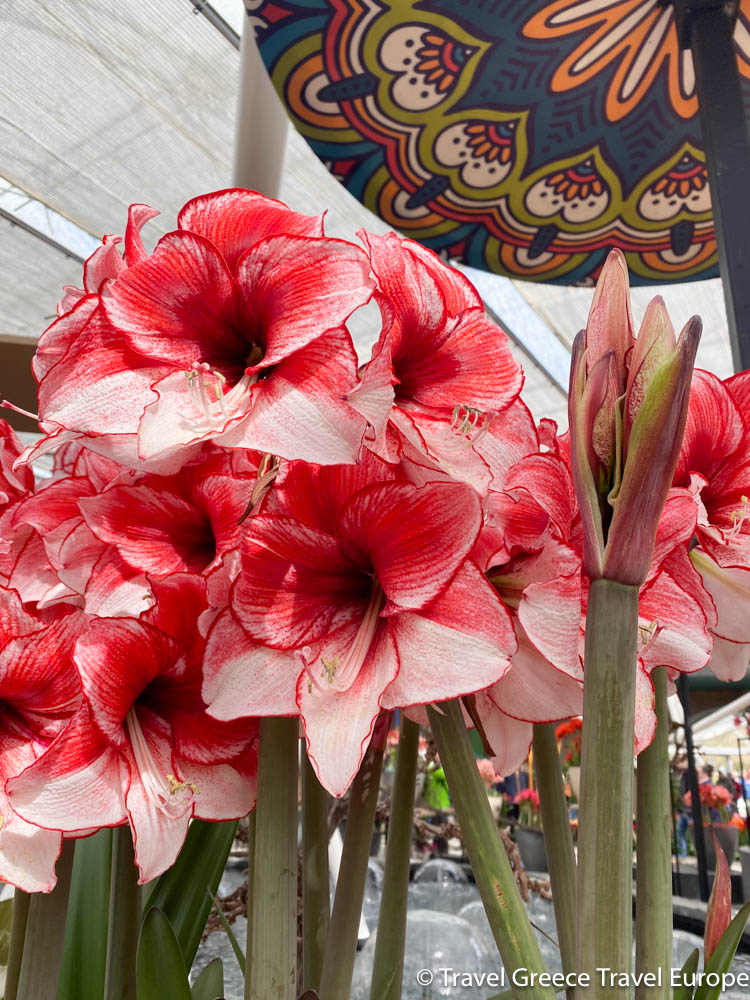
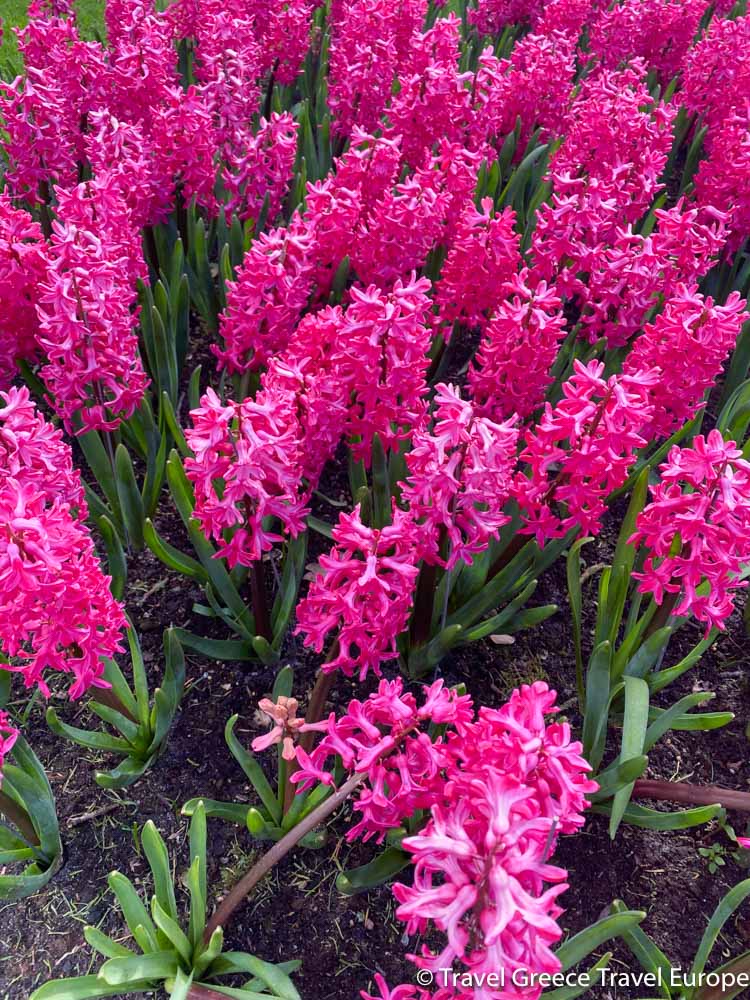
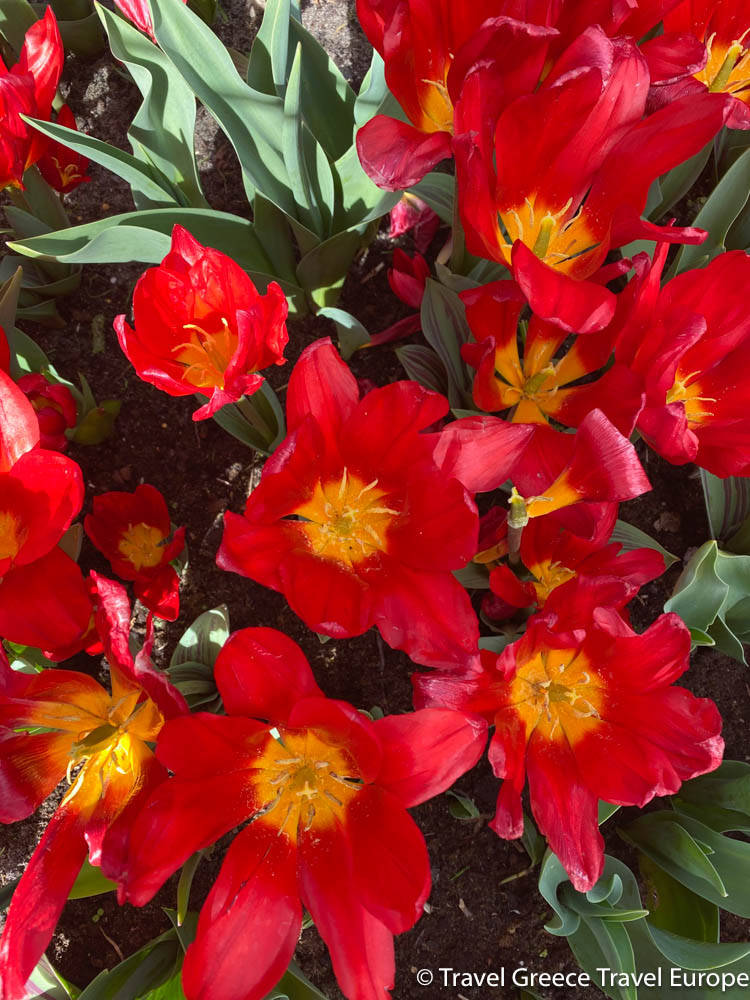
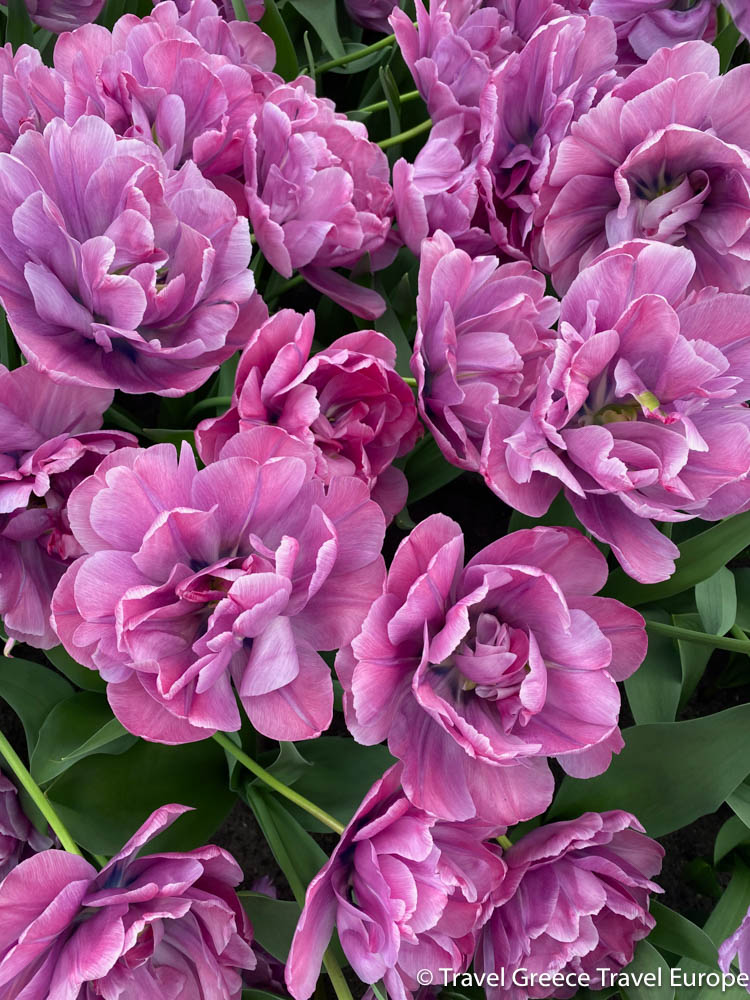
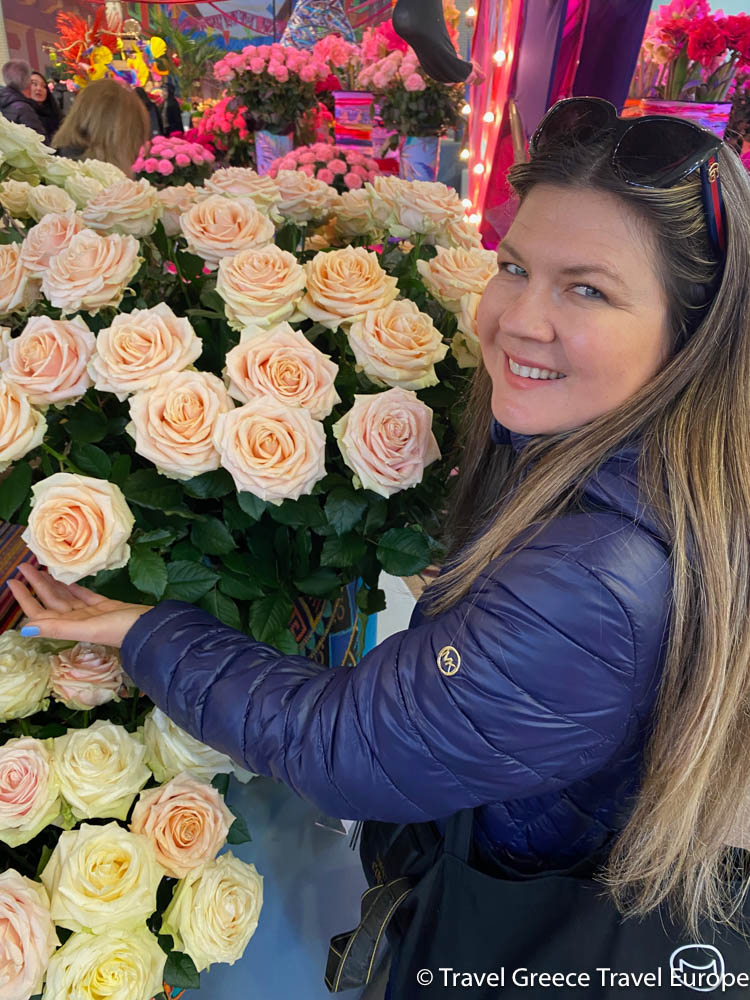
- Tulip Fields: Begin your journey by strolling through seemingly endless fields of tulips, a kaleidoscope of colors that stretches as far as the eye can see. The tulips bloom in a vibrant spectrum of colors, each telling its own story of growth and beauty.
- Themed Gardens: Explore the various themed gardens, each offering a unique perspective on floral design. From the Historical Garden, which showcases ancient bulb varieties, to the Natural Garden, which features a tranquil pond and nature-inspired landscaping, each garden is a world unto itself.
- Flower Shows: Don’t miss the flower shows held in the Oranje Nassau Pavilion, where floral artists display their creativity and craftsmanship. The themes and exhibits change every week, ensuring that every visit is a unique experience.
- Windmill and Boat Tour: Visit the iconic windmill located within the park for a panoramic view of the tulip fields. Consider taking a whisper boat tour along the waterways surrounding Keukenhof for a different perspective of the blooms and the Dutch landscape.
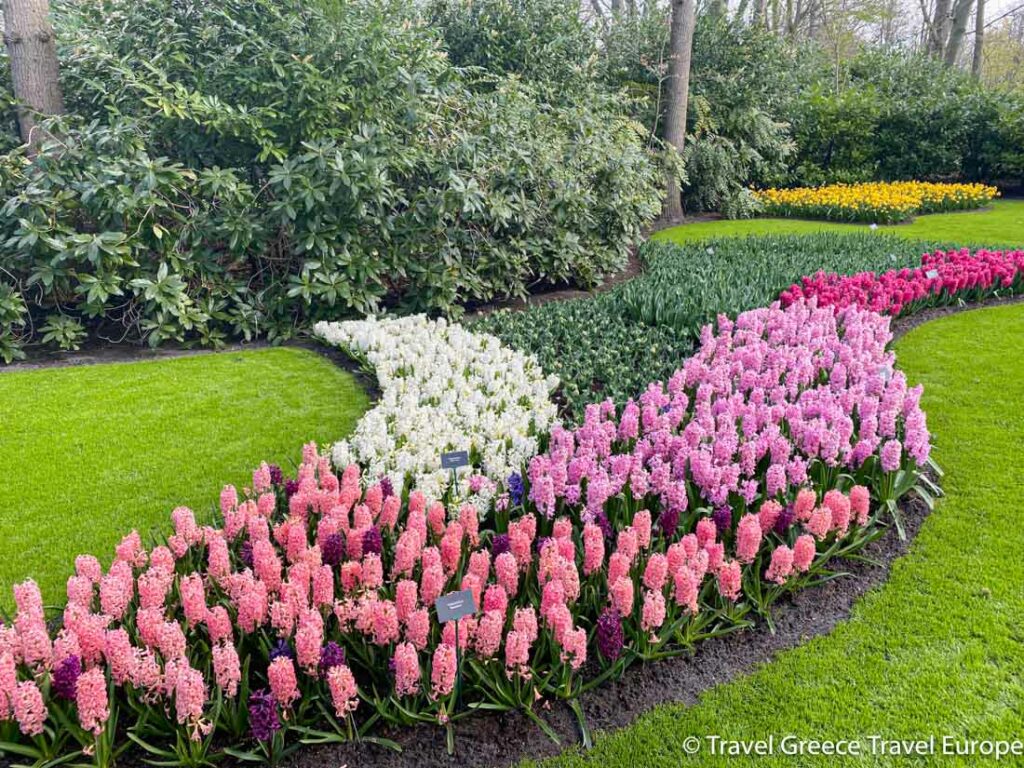
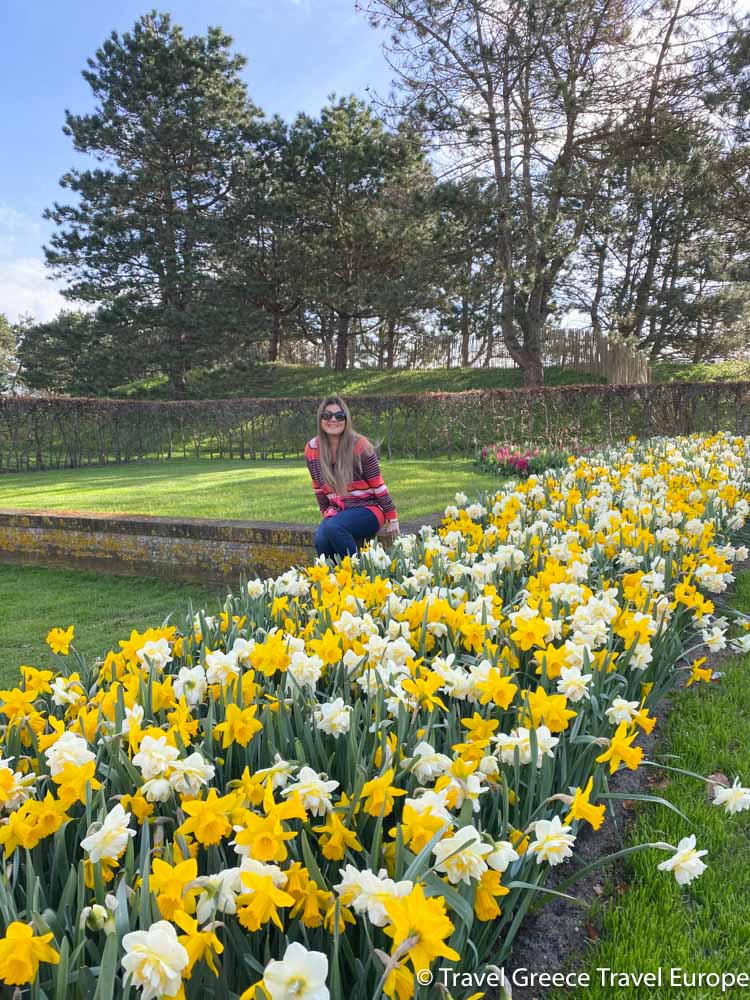
If you are visiting outside of the Tulip season, you can opt for the following tour
Windmills and Dutch Traditions
Spend the day on a day trip to Zaanse Schans, a picturesque village that offers a glimpse into the Netherlands’ industrial past with its historic windmills and wooden houses. Visit the charming villages of Edam, Volendam, and Marken, each offering a unique insight into Dutch culture, traditions, and the simple yet profound beauty of life in the Netherlands.
Book one of these tours:
Amsterdam: Zaanse Schans, Volendam, and Marken Day Trip
Amsterdam: Zaanse Schans, Edam, Volendam & Marken Bus Tour
Late Afternoon:
Return to Amsterdam: As the day wanes, make your way back to Amsterdam. The journey back is a time for reflection, a moment to let the colors and fragrances of Keukenhof settle in your memory, creating a mosaic of unforgettable impressions.
Evening:
Relax and Reflect: Spend your evening at leisure in Amsterdam. After a day filled with sensory delights, take this time to relax at one of the city’s cozy cafés or along the serene canals. Reflect on the experiences of the past four days, each moment a thread in the rich tapestry of your Amsterdam story.
What to Buy in Amsterdam – Souvenirs and More
Amsterdam offers a rich tapestry of shopping experiences, blending traditional Dutch culture with contemporary trends. Here’s a list of top things to buy when visiting this vibrant city:
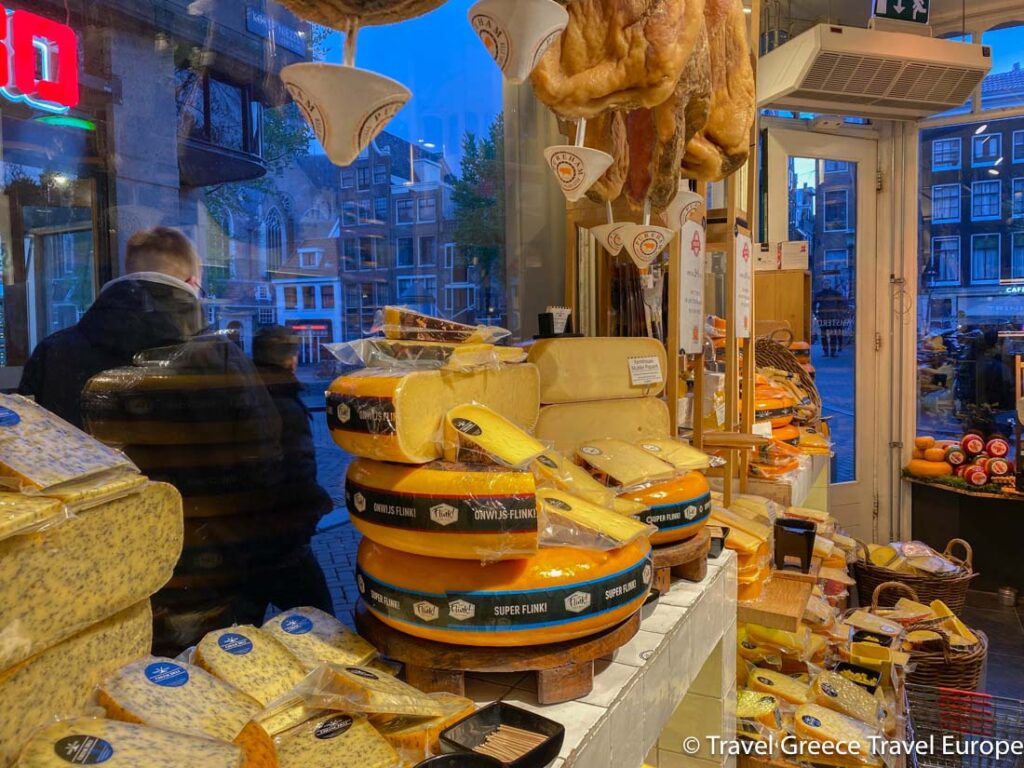
- Cheese: The Netherlands is famous for its cheese, and Amsterdam is no exception. Look for Gouda, Edam, and Leyden among others. Cheese shops and markets offer tastings and vacuum-seal purchases for travel.
- Dutch Stroopwafels: These syrup-filled waffle cookies are a sweet treat not to be missed. Buy them fresh at markets or in beautifully packaged boxes from local supermarkets as a delicious souvenir.
- Delftware: This iconic blue and white pottery makes for a beautiful keepsake. Originating from the city of Delft, these ceramics range from decorative plates to intricate vases.
- Wooden Clogs: While they may not be everyone’s choice for daily footwear, Dutch wooden clogs are a fun and traditional souvenir. They come in various sizes and decorations, from plain wood to brightly painted.
- Bicycle Gear: Cycling is synonymous with Dutch culture. Amsterdam offers a wide range of cycling gear, from practical accessories like bells and lights to novelty items, making for unique gifts.
- Tulip Bulbs: The Netherlands is world-renowned for its tulips. You can buy tulip bulbs at flower markets or garden centers to bring a splash of Dutch color to your home garden. Ensure they are certified for transport to your home country.
- Dutch Liquor: Consider buying a bottle of Jenever, the Dutch precursor to gin, or other local spirits like Kruidenbitter. These make for a great addition to any liquor cabinet.
- Art and Antiques: Amsterdam’s markets and antique shops are treasure troves for unique finds, from vintage Dutch posters to antique jewelry and silverware.
- Fashion and Design: The city is known for its innovative design scene. Look for Dutch fashion, home decor, and design items that reflect Amsterdam’s creative spirit.
- Hagelslag and Dutch Licorice: Hagelslag, or chocolate sprinkles, are a popular Dutch treat, typically eaten on buttered bread. Dutch licorice, known as “drop,” comes in a variety of flavors and is much loved by the locals.
When shopping in Amsterdam, remember to explore both the bustling markets and the boutique shops to find the perfect items to bring home.
[ad_2]
Source link


